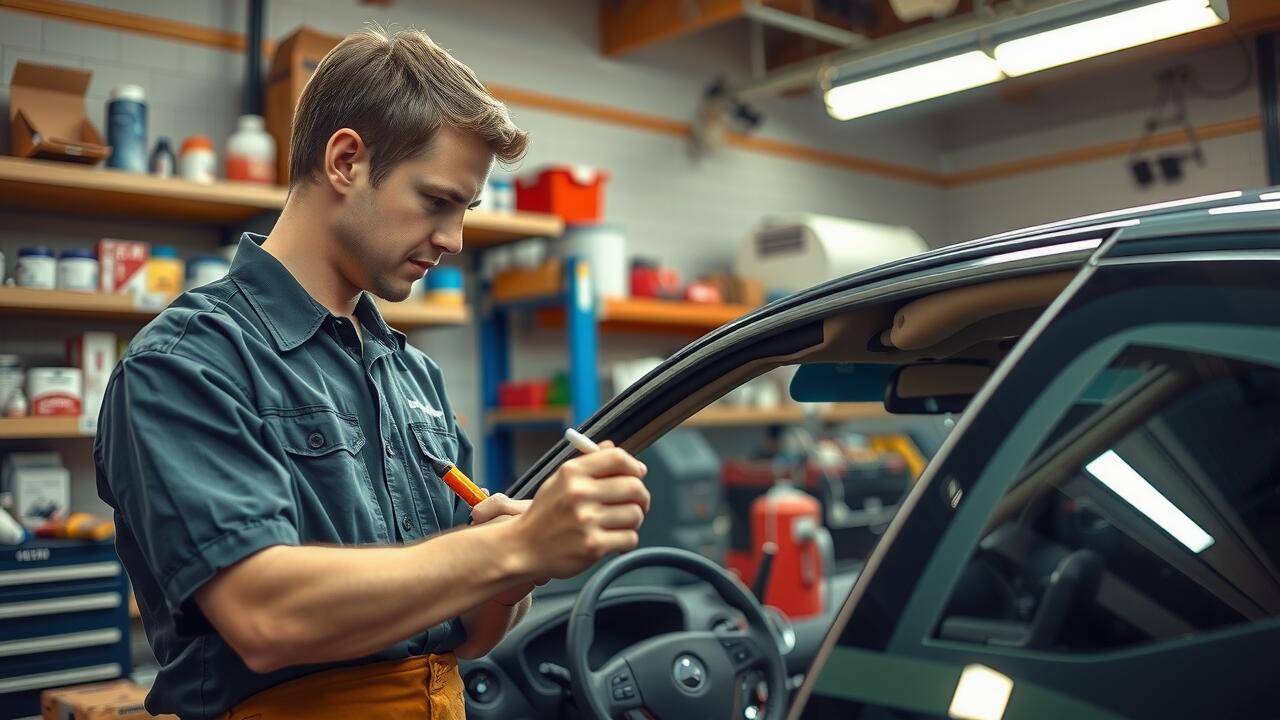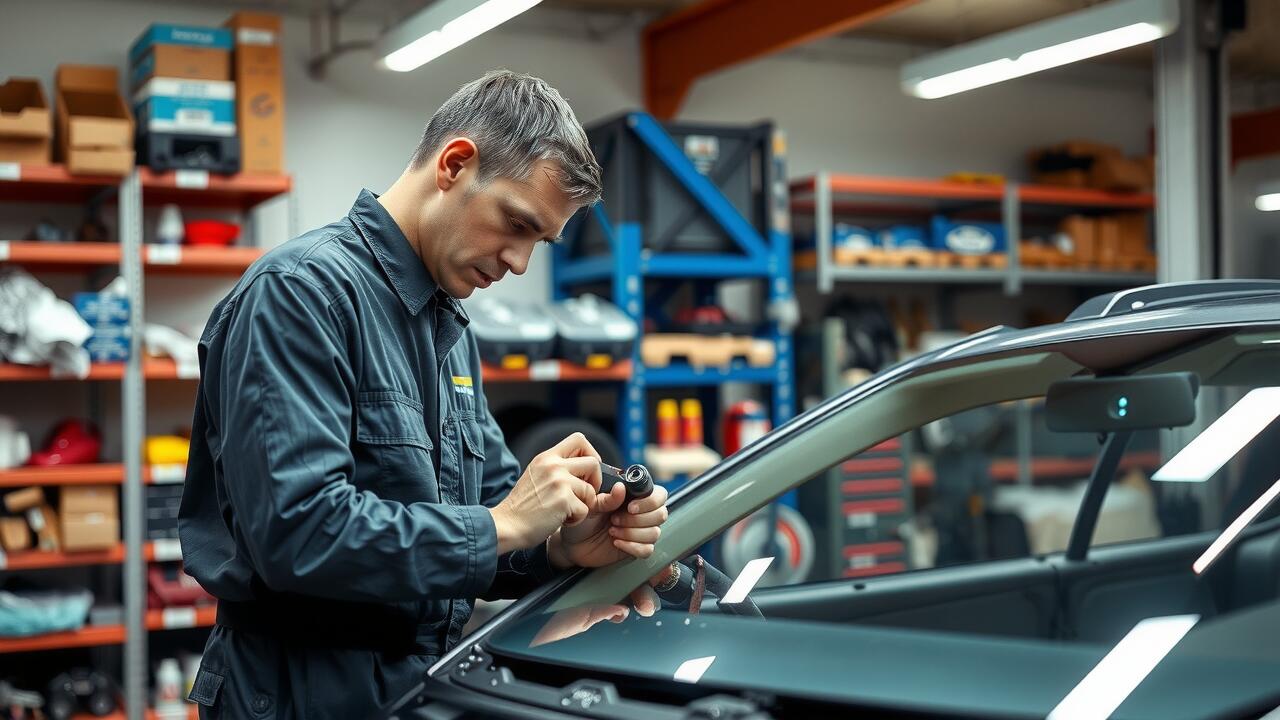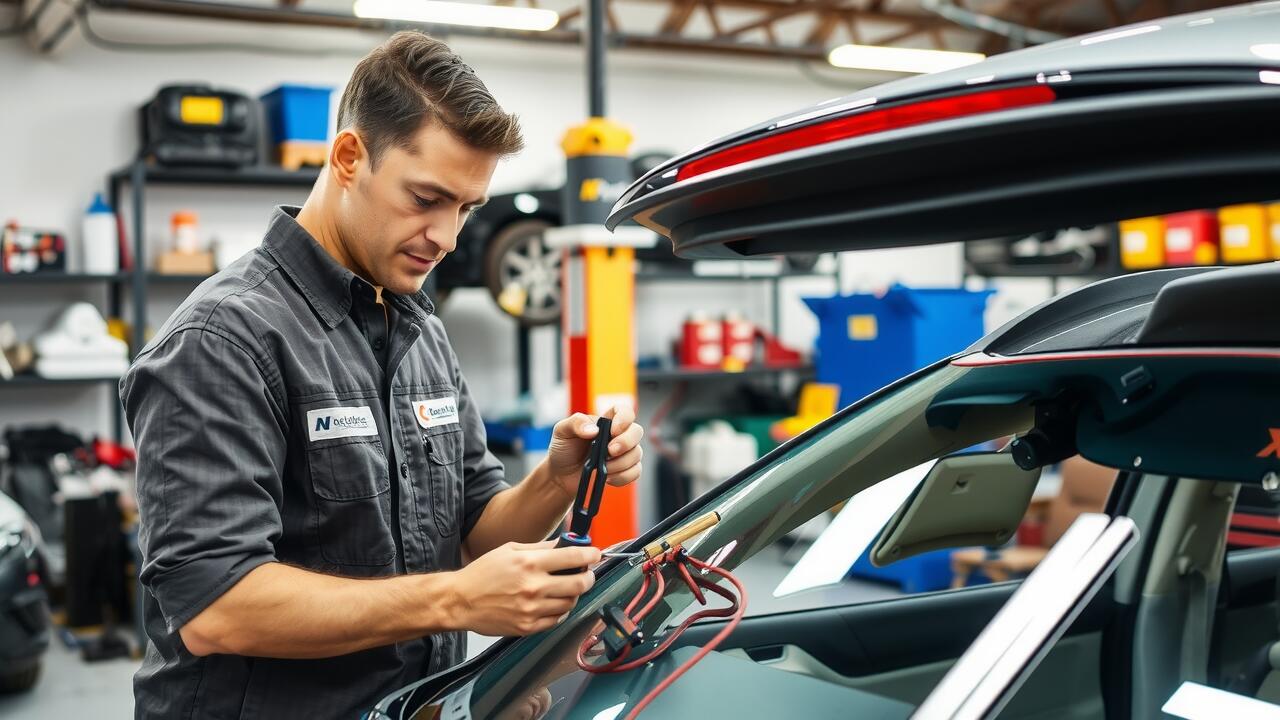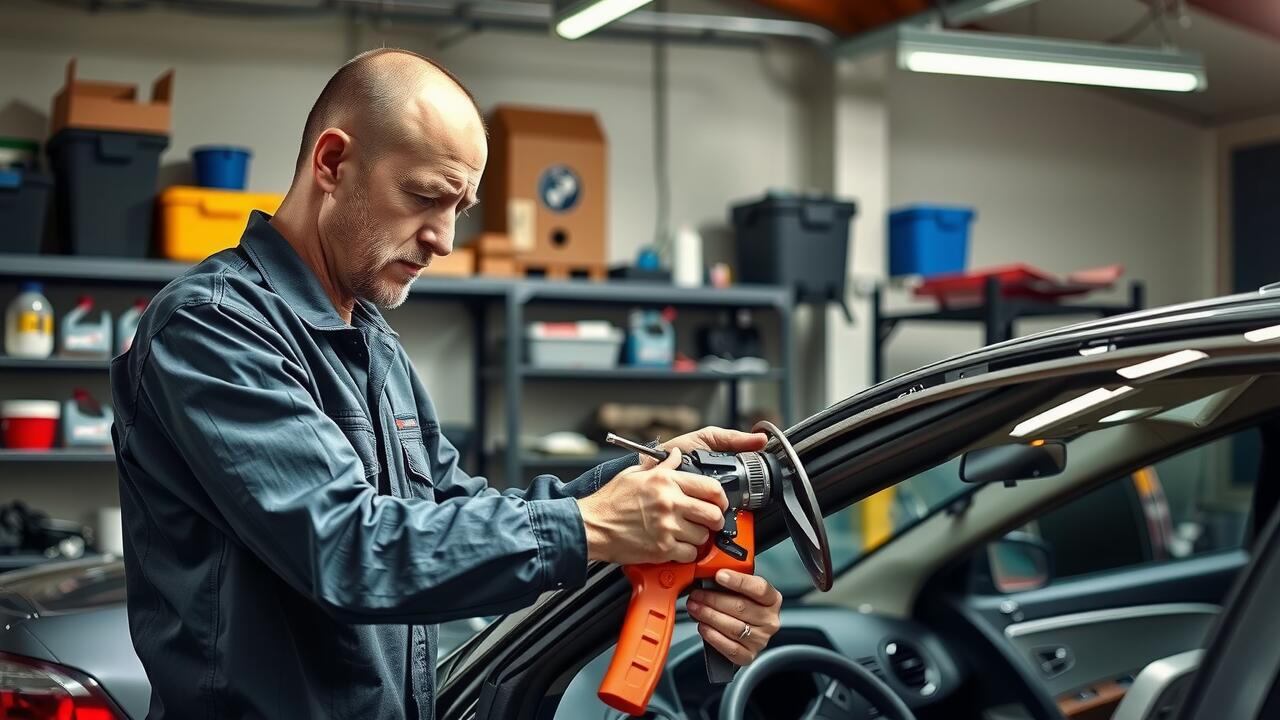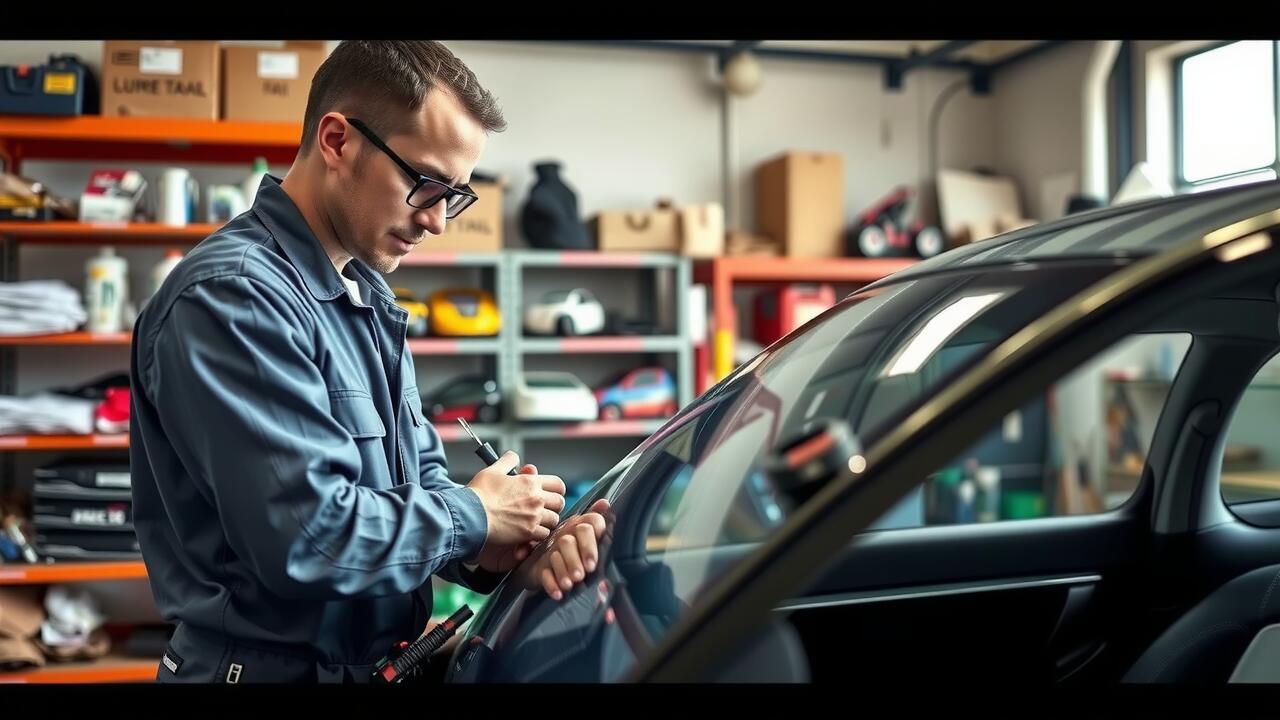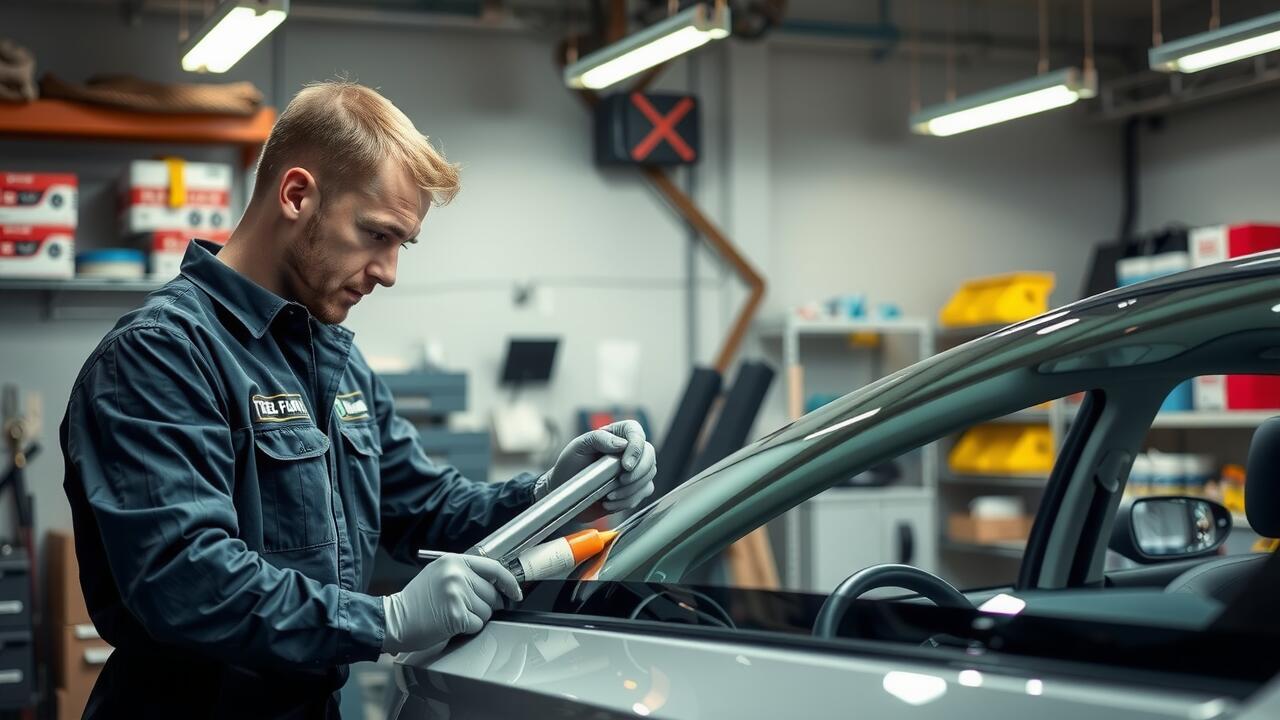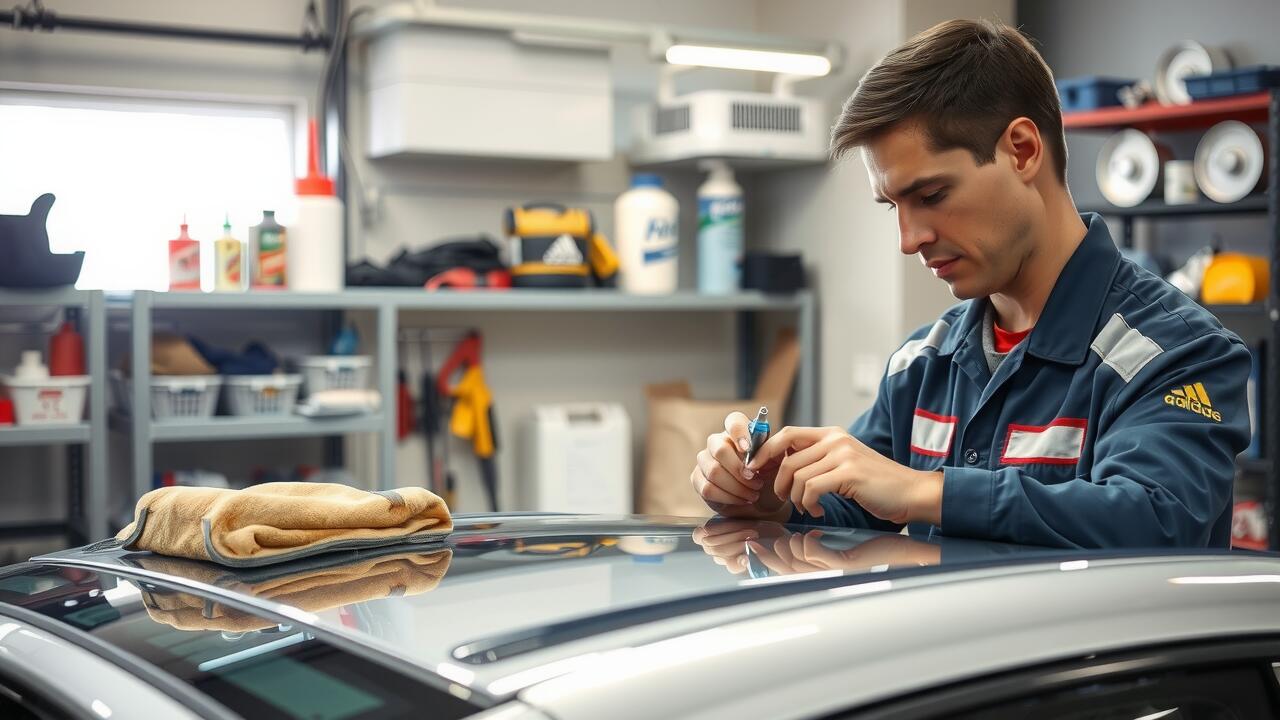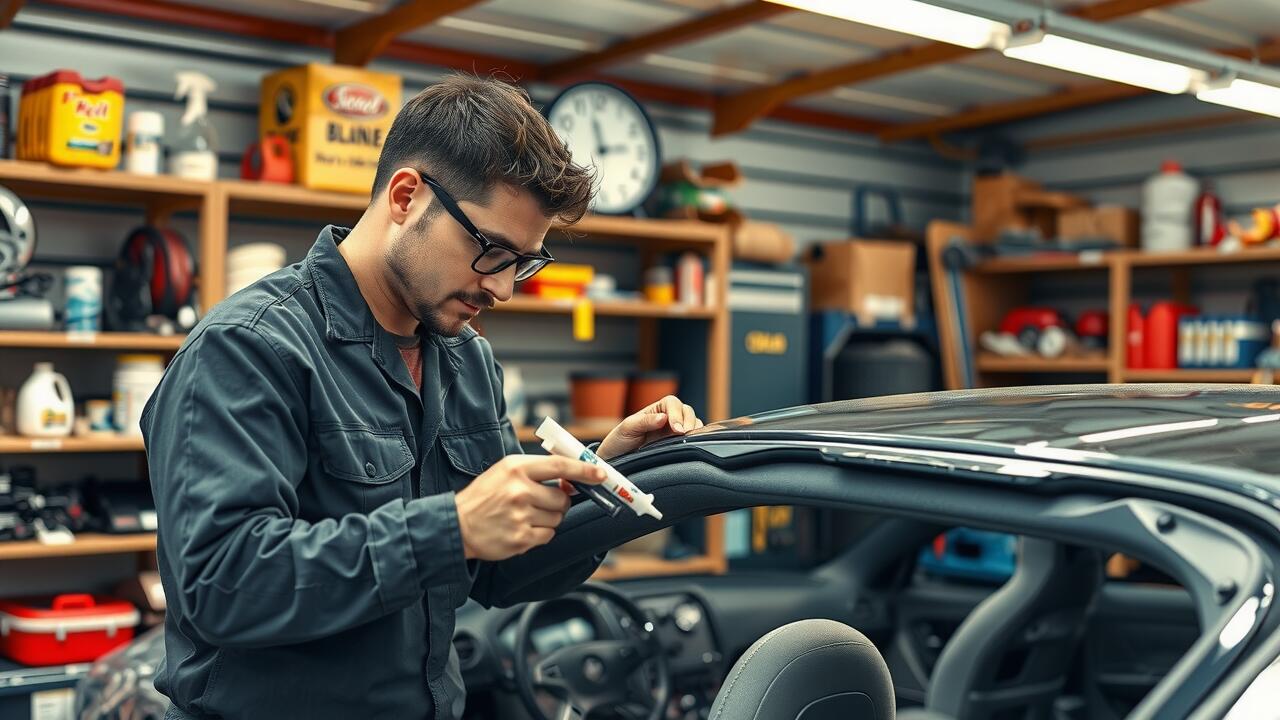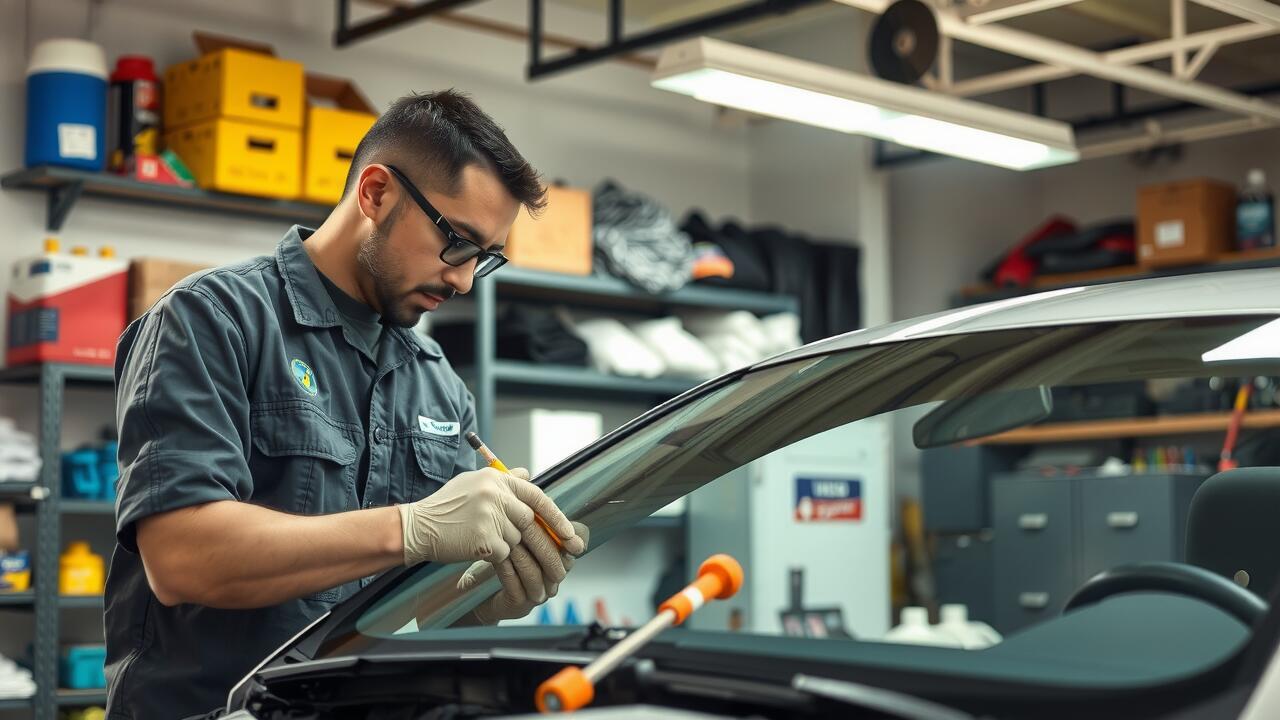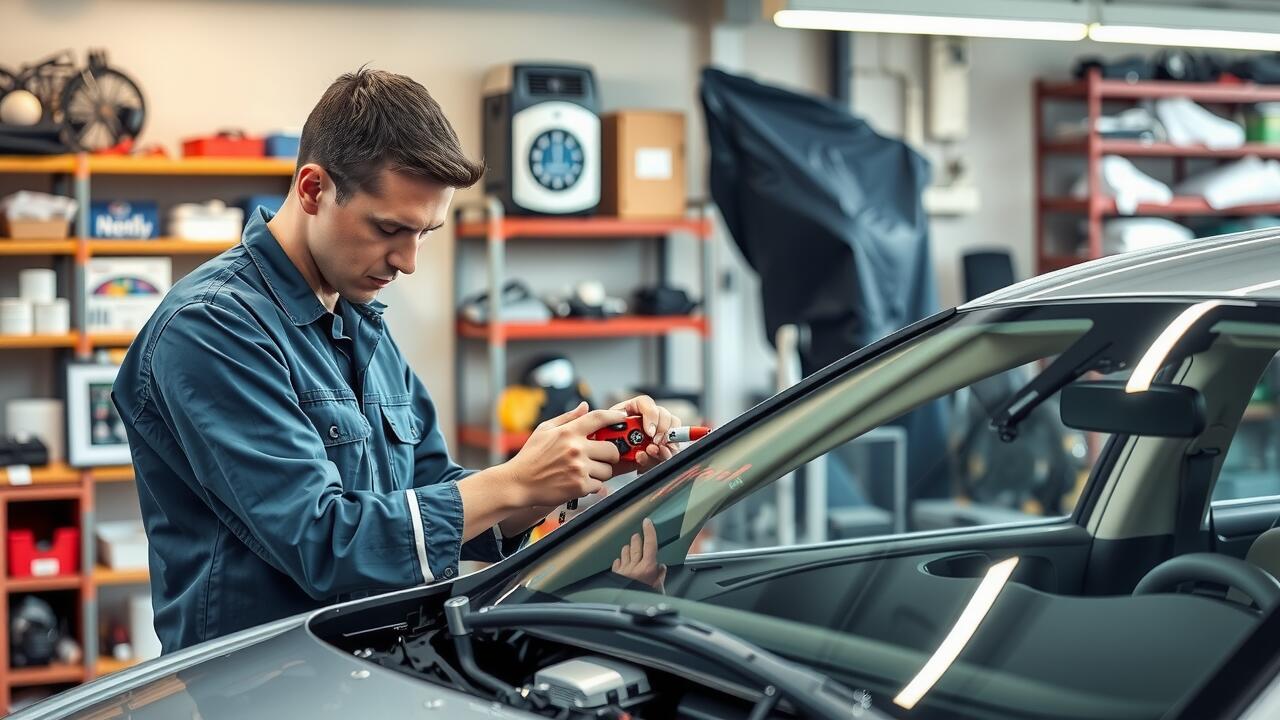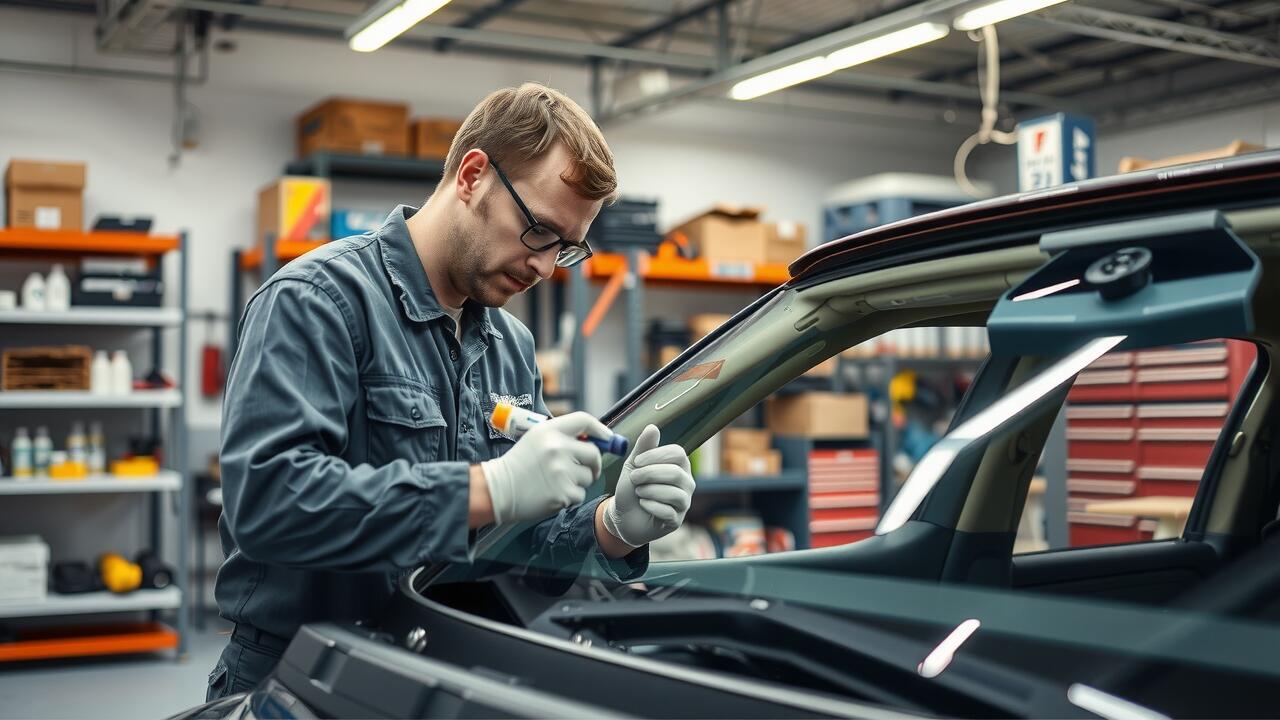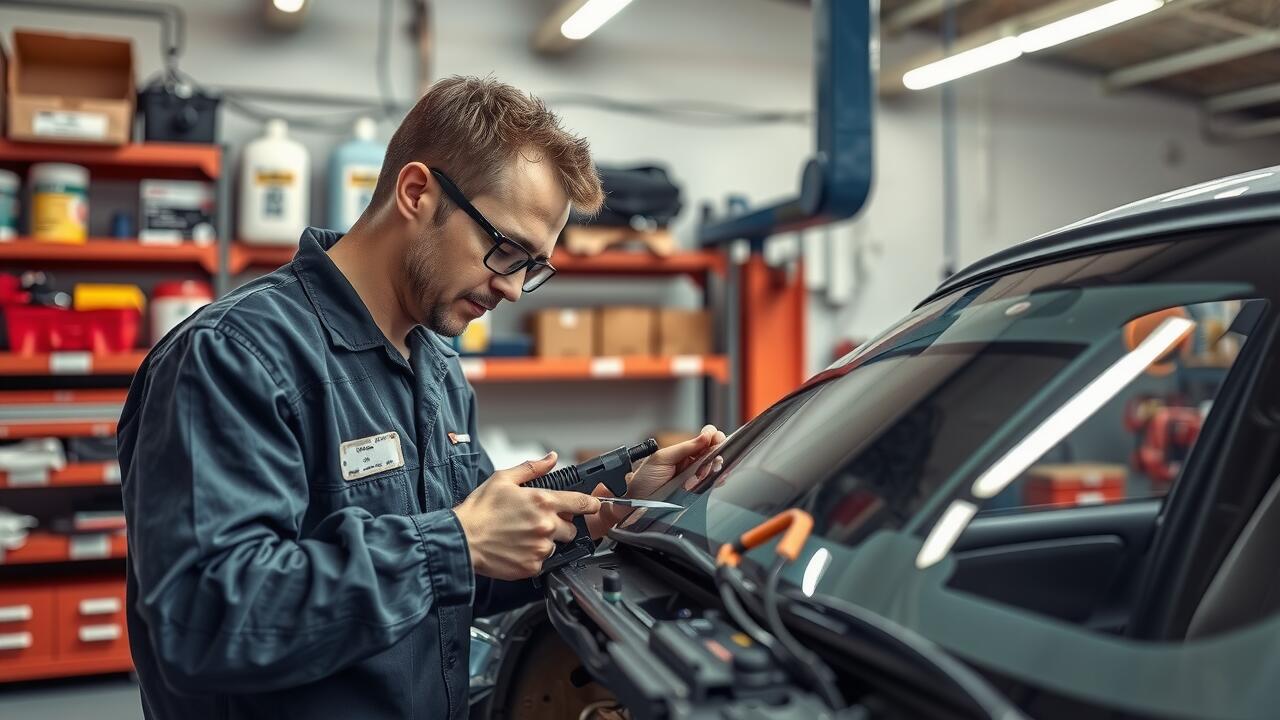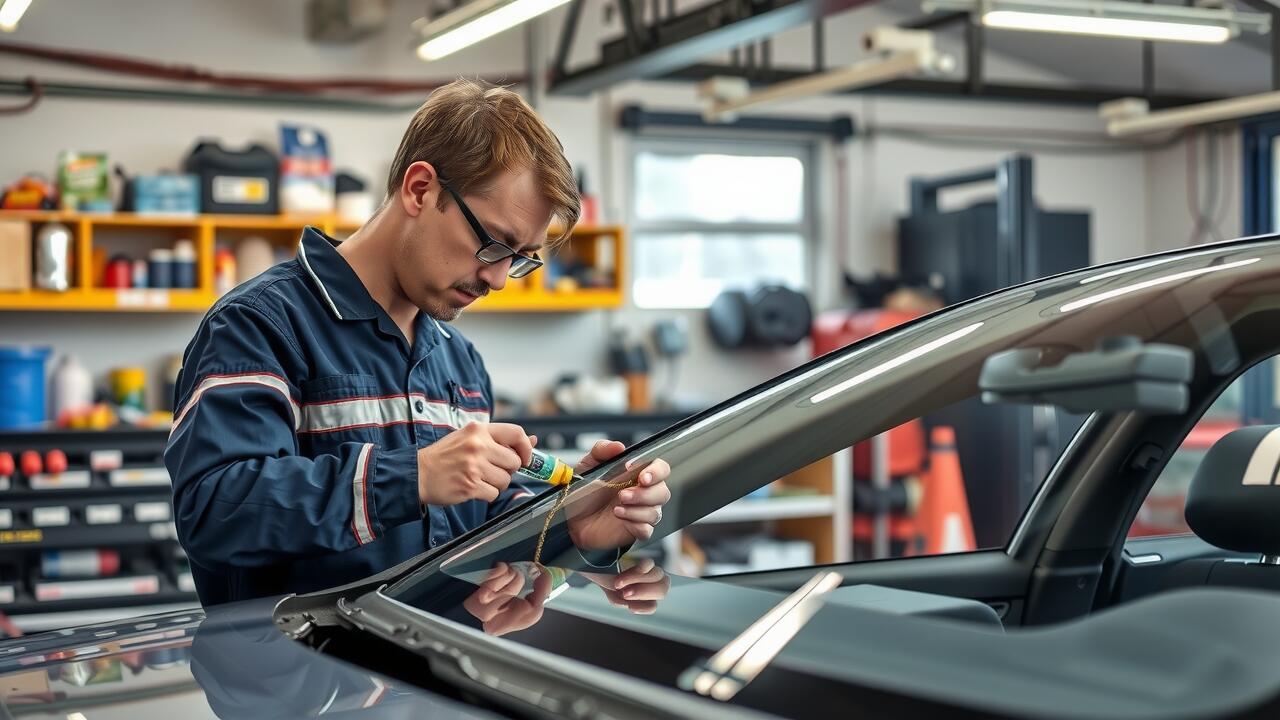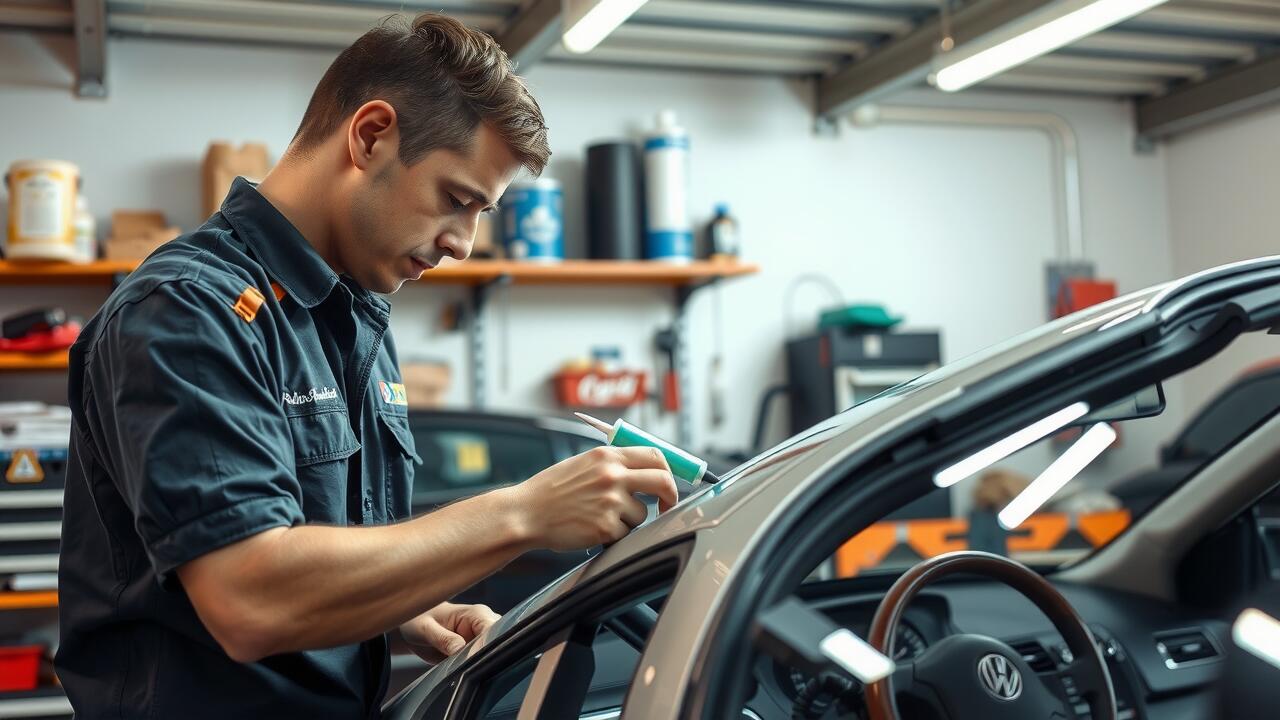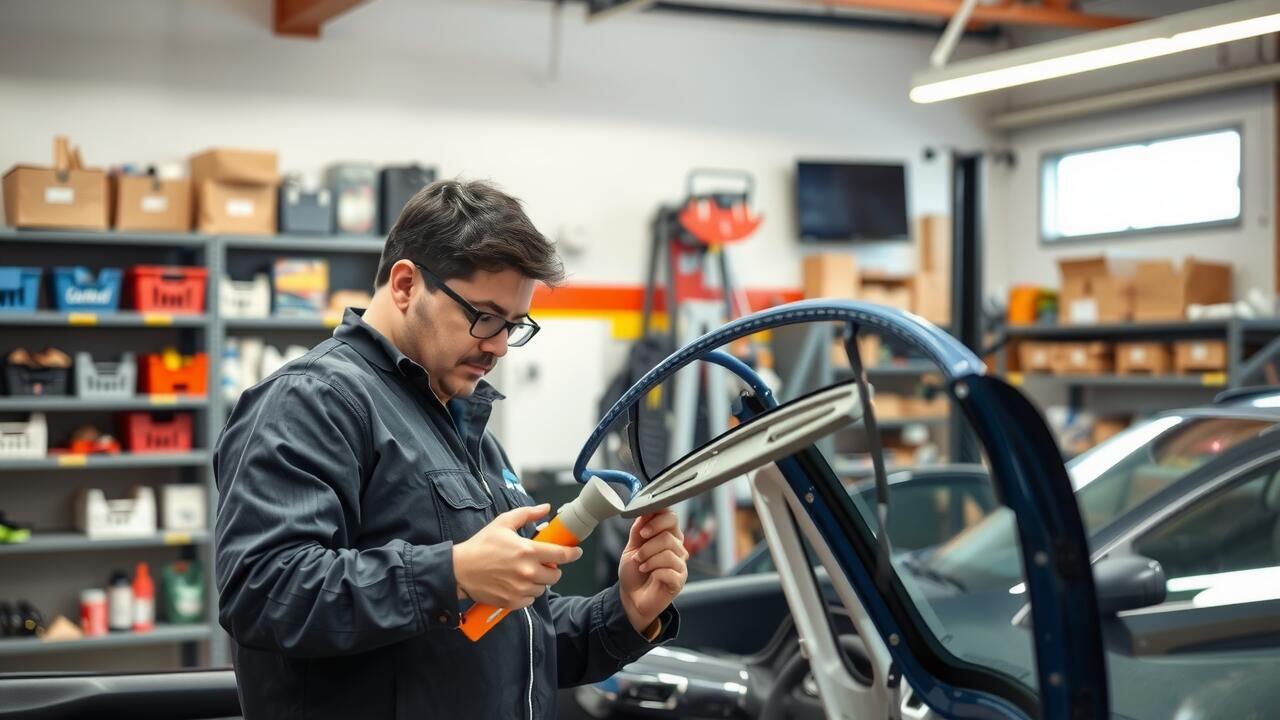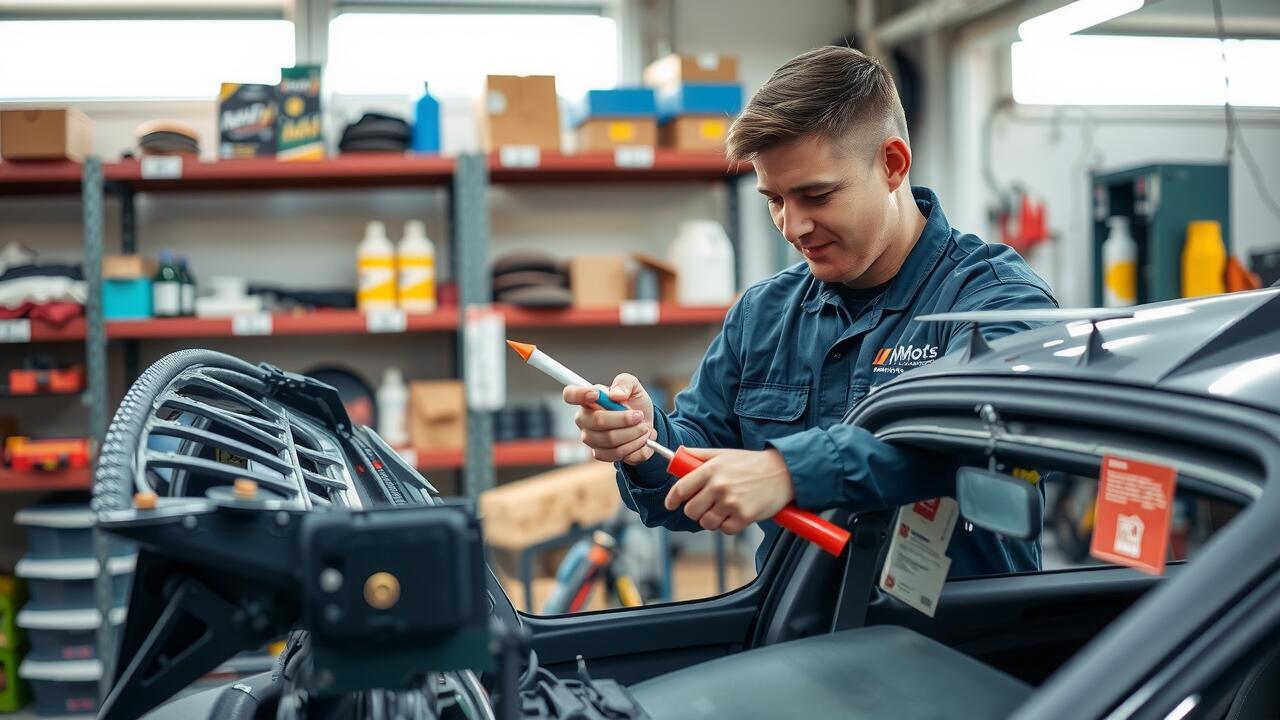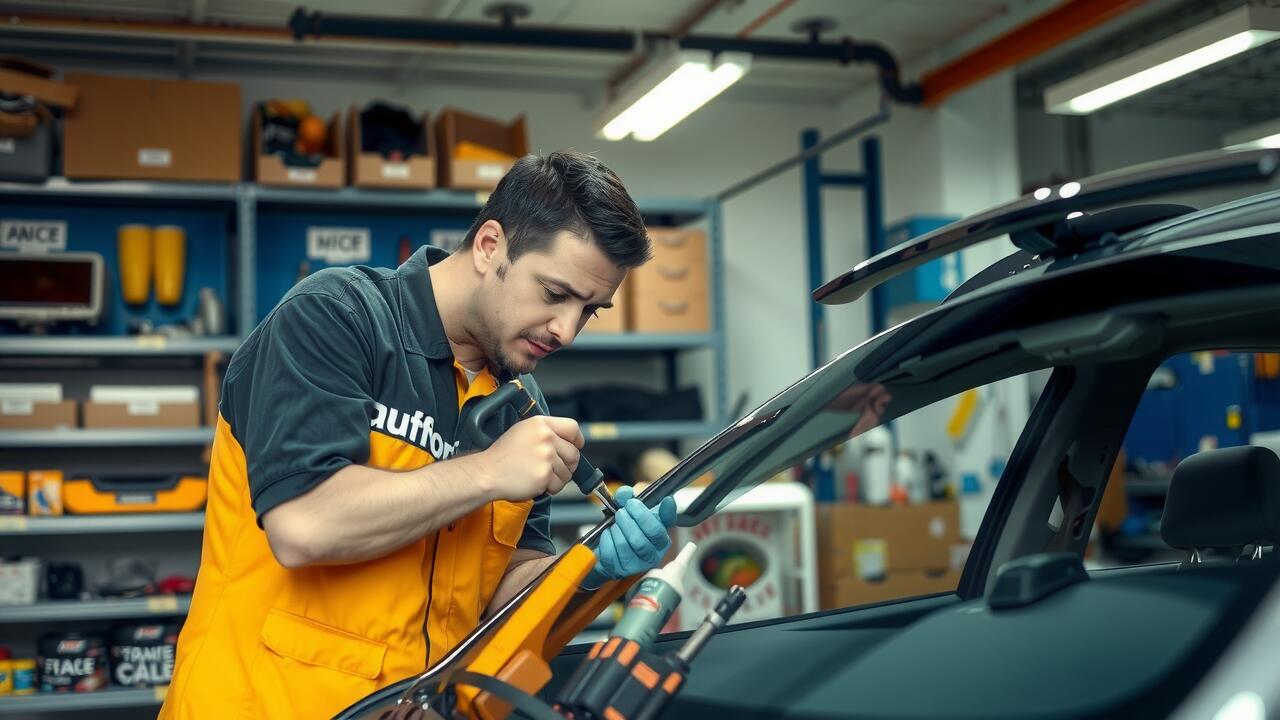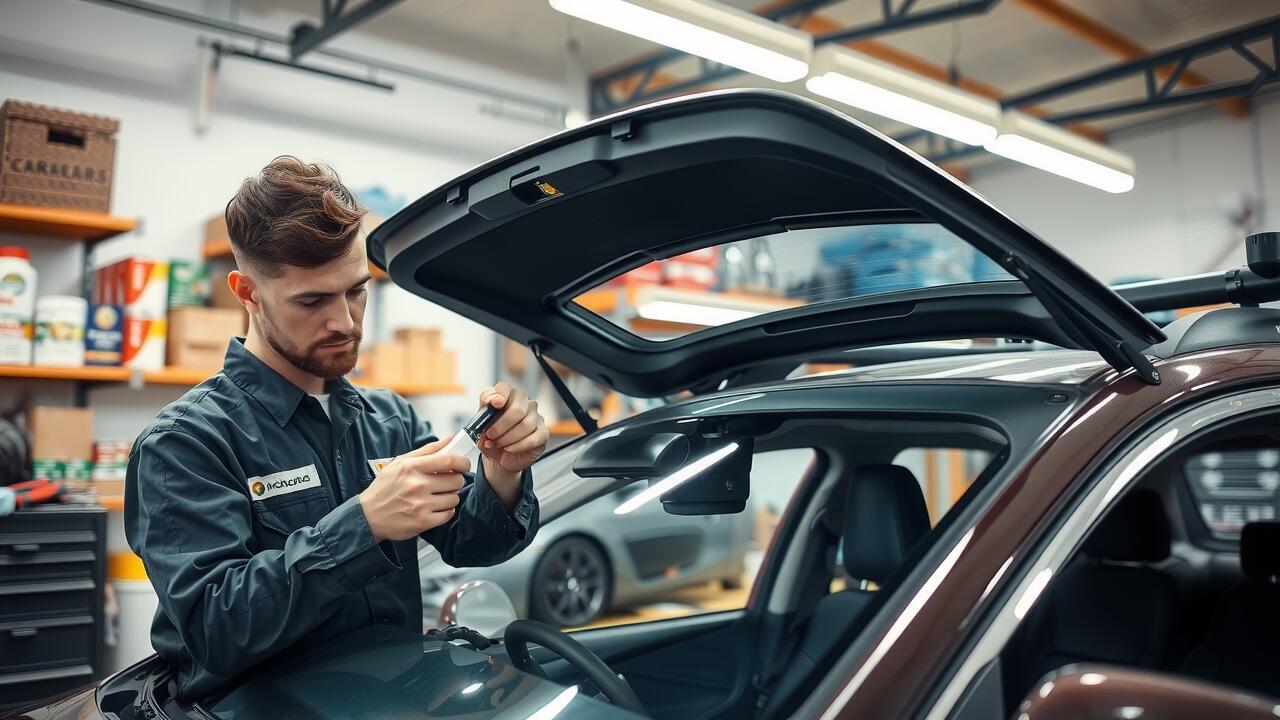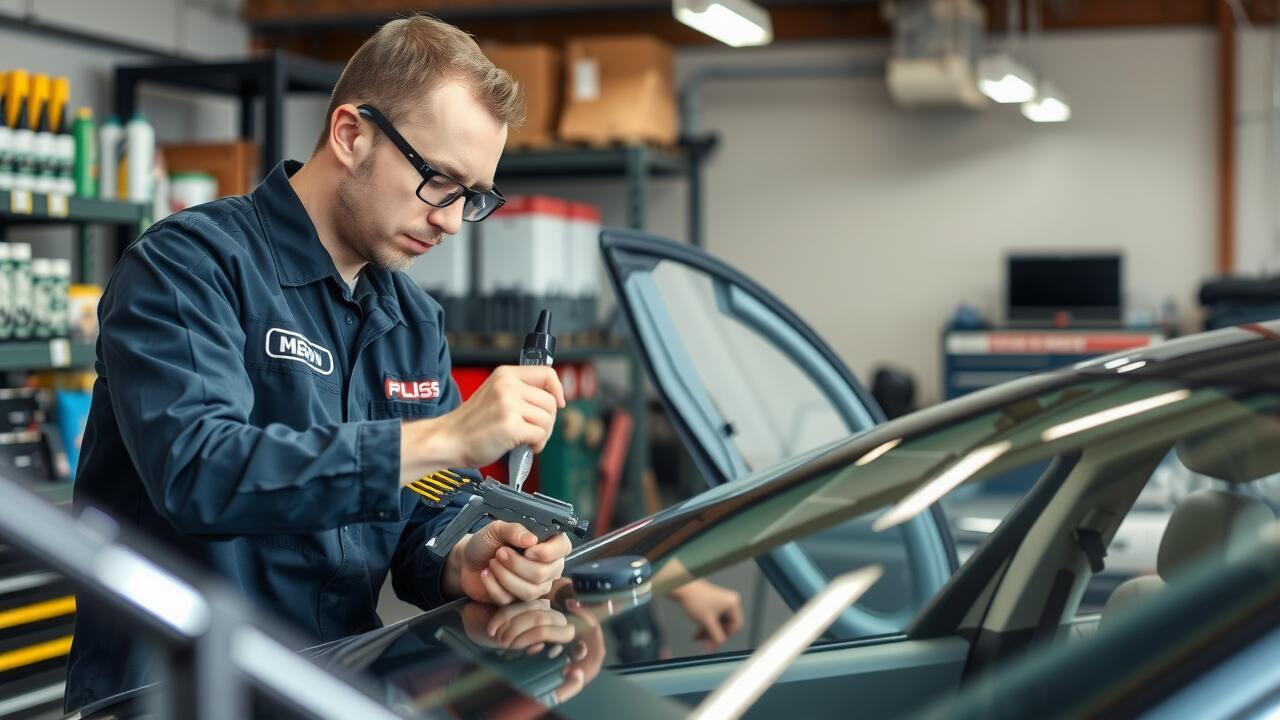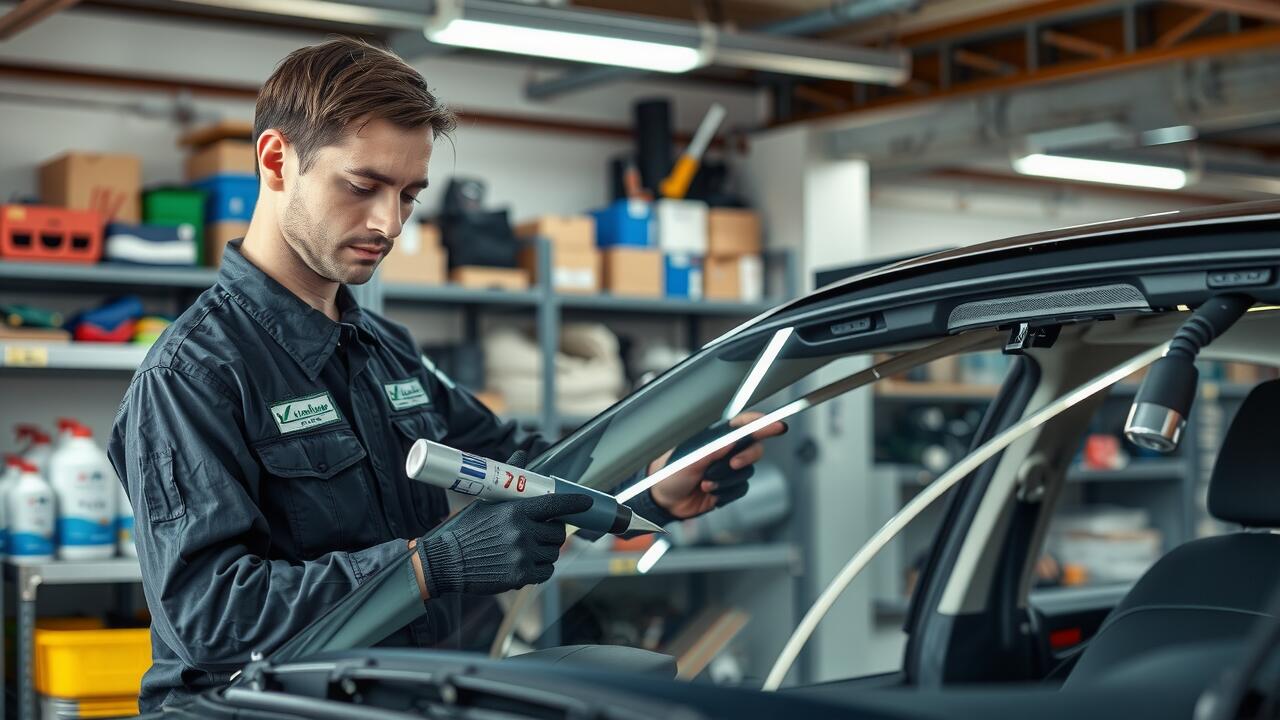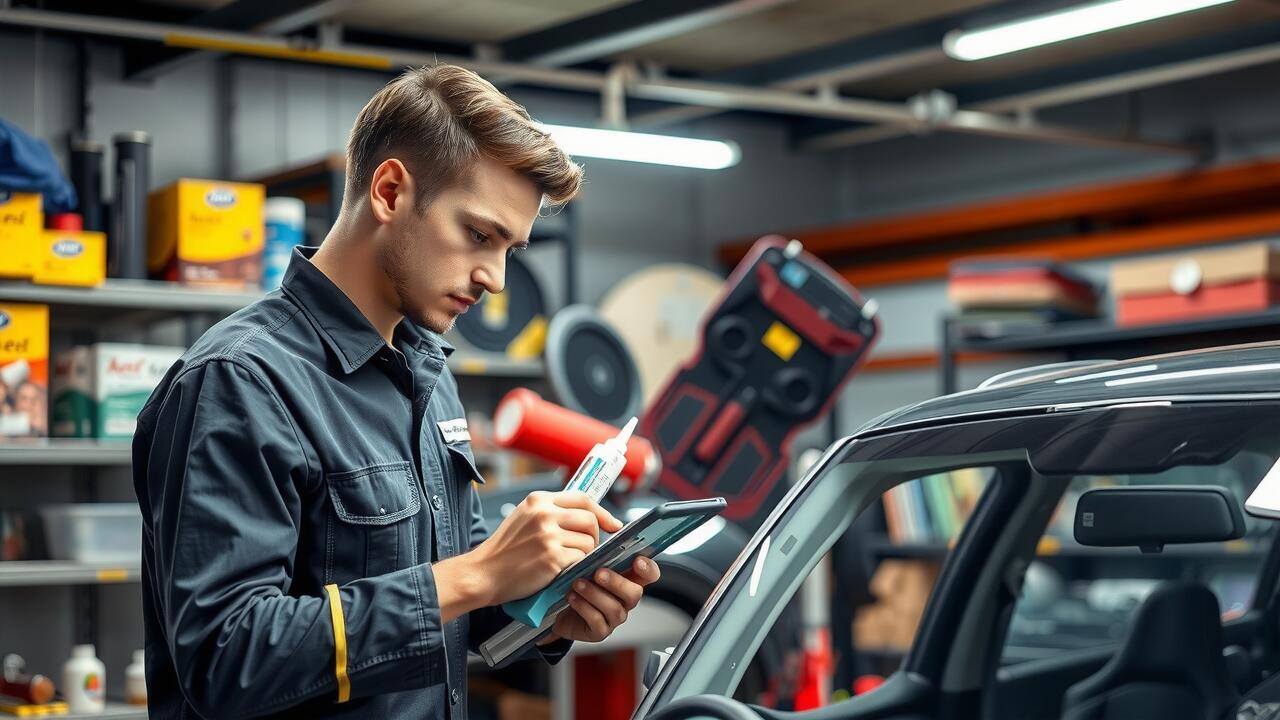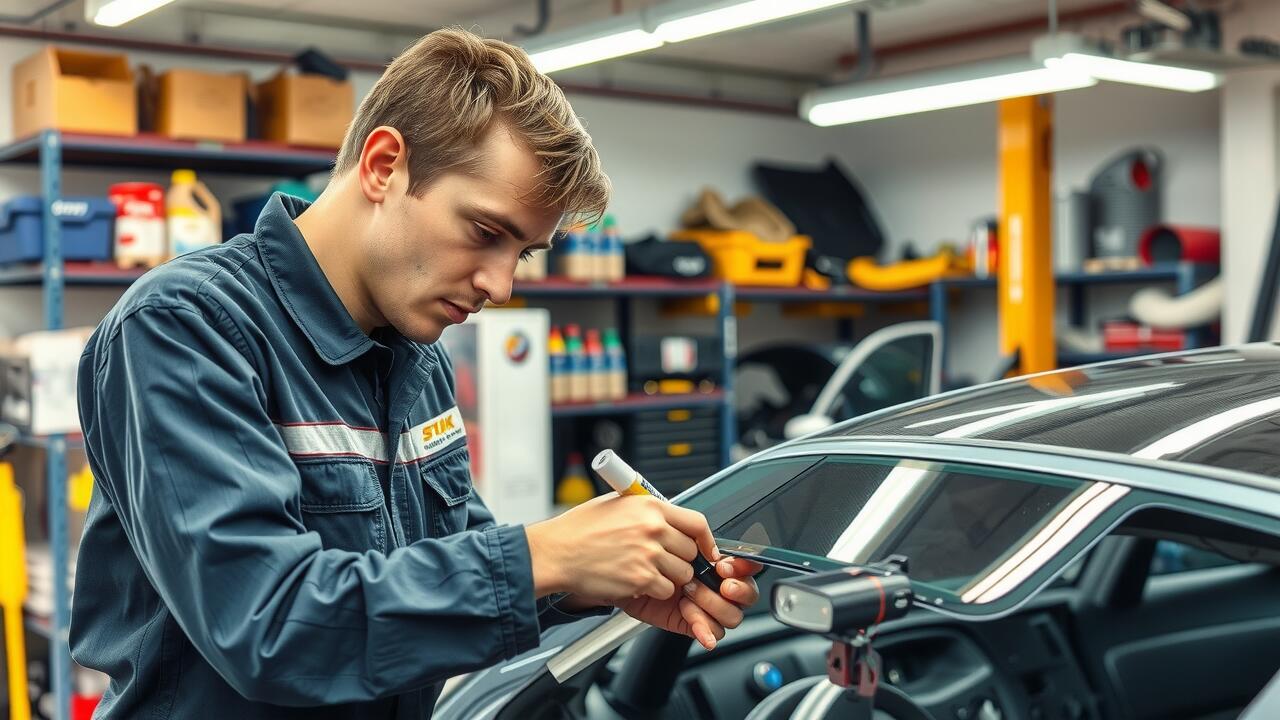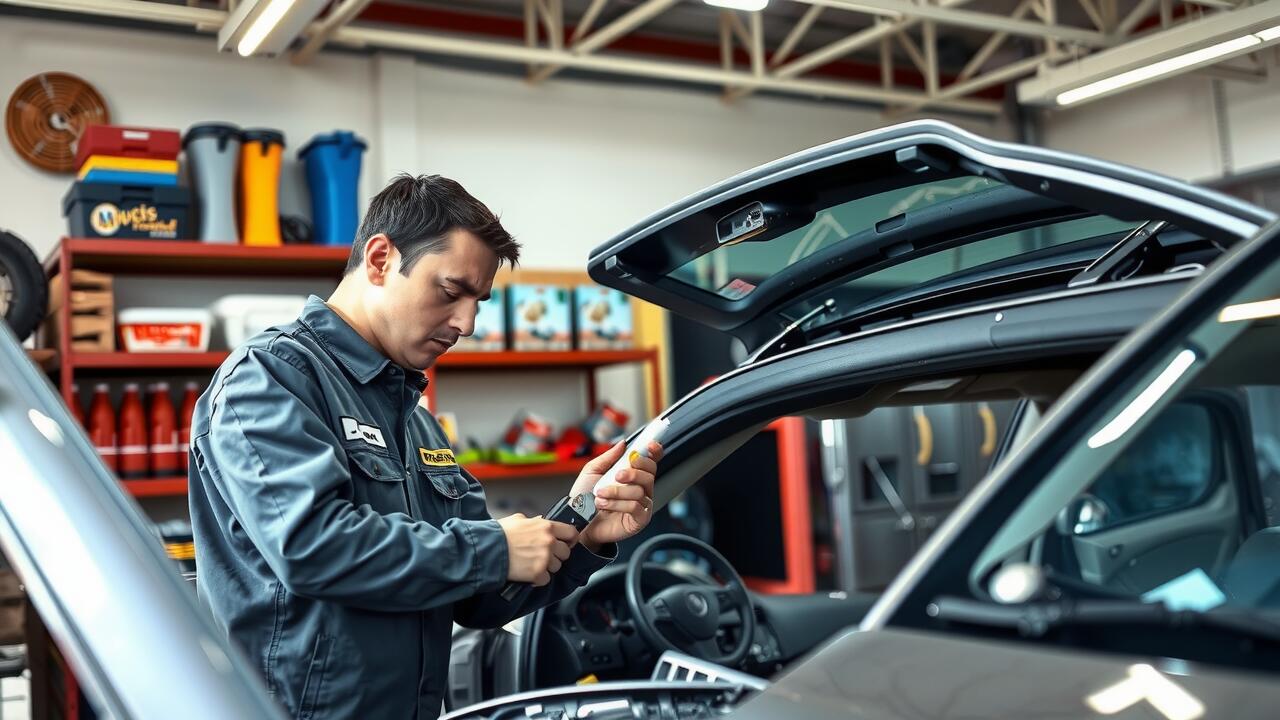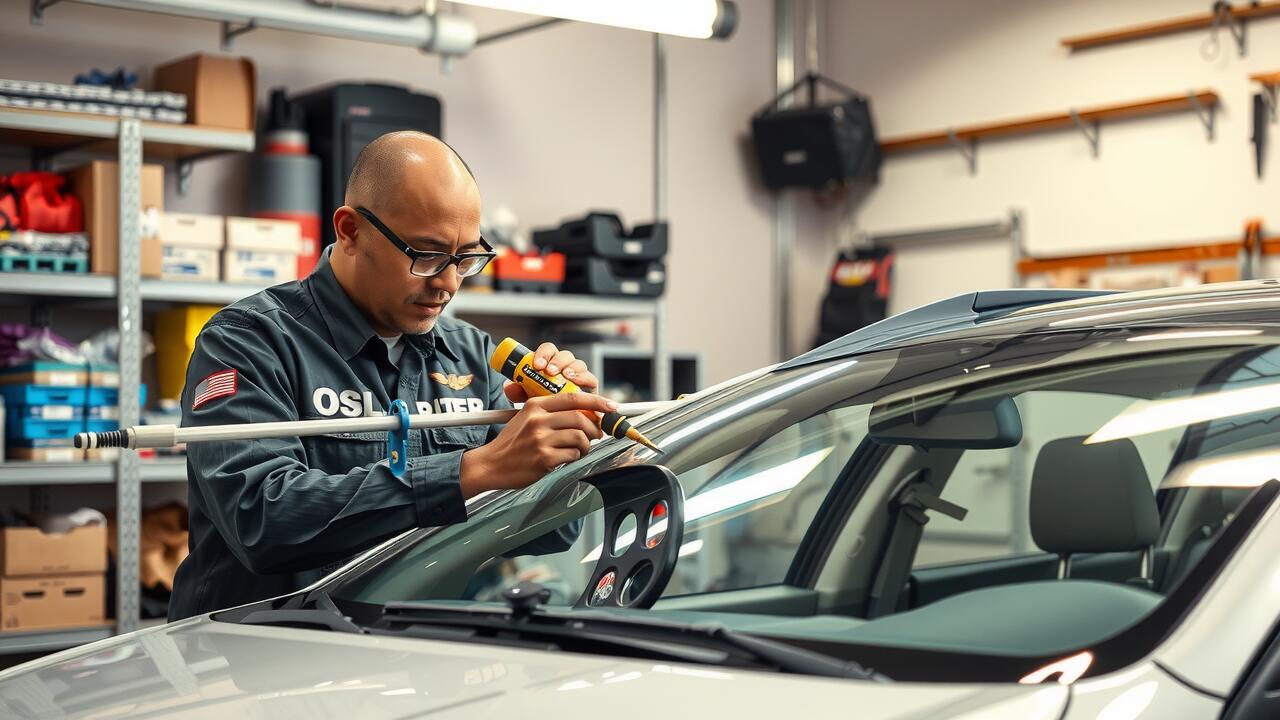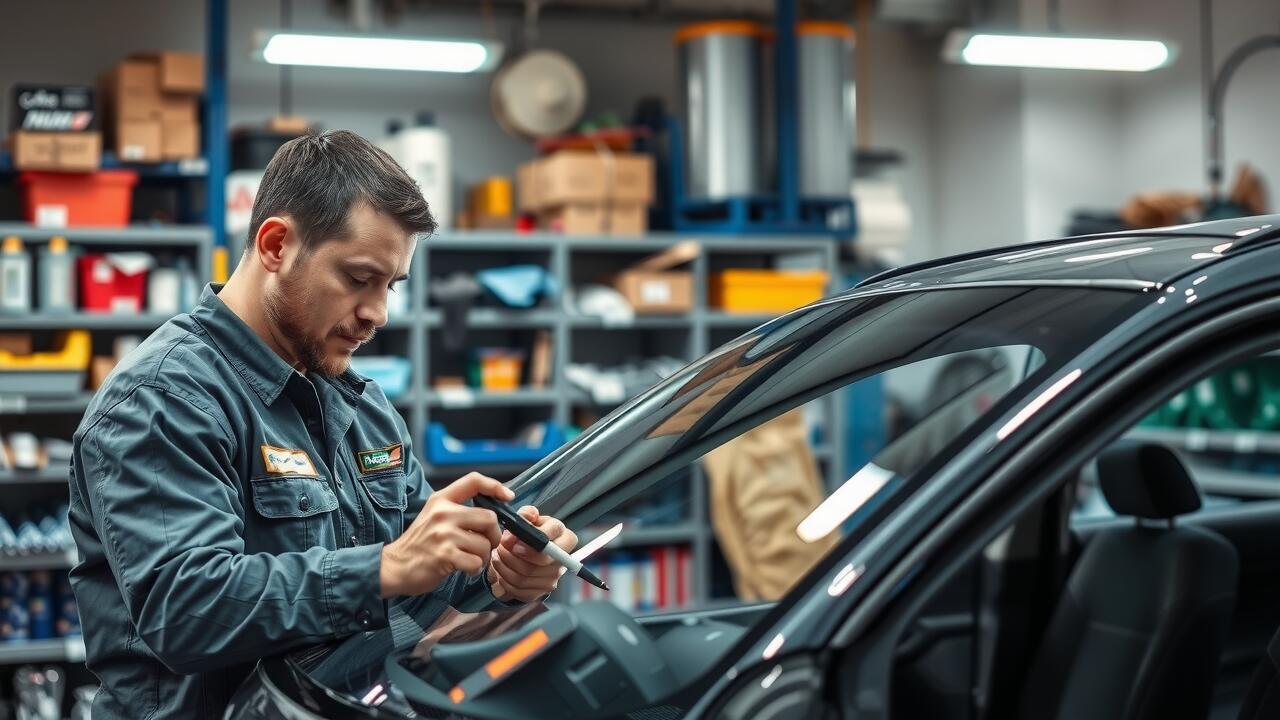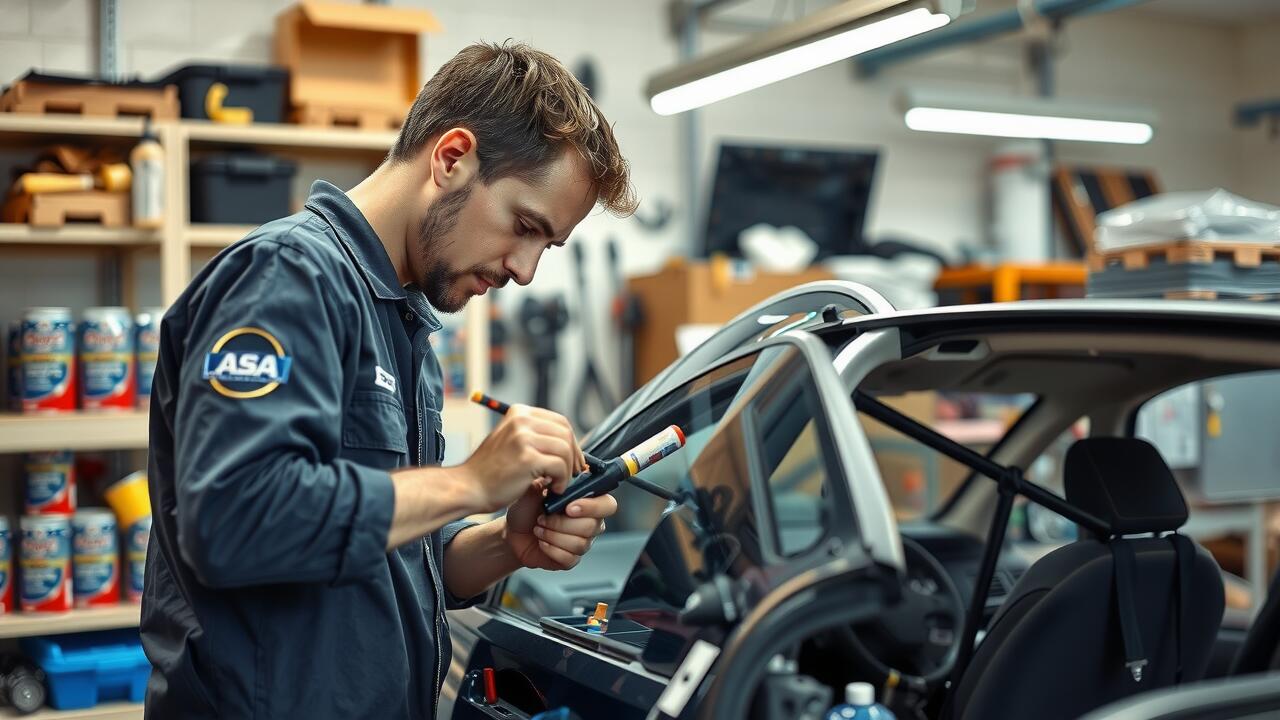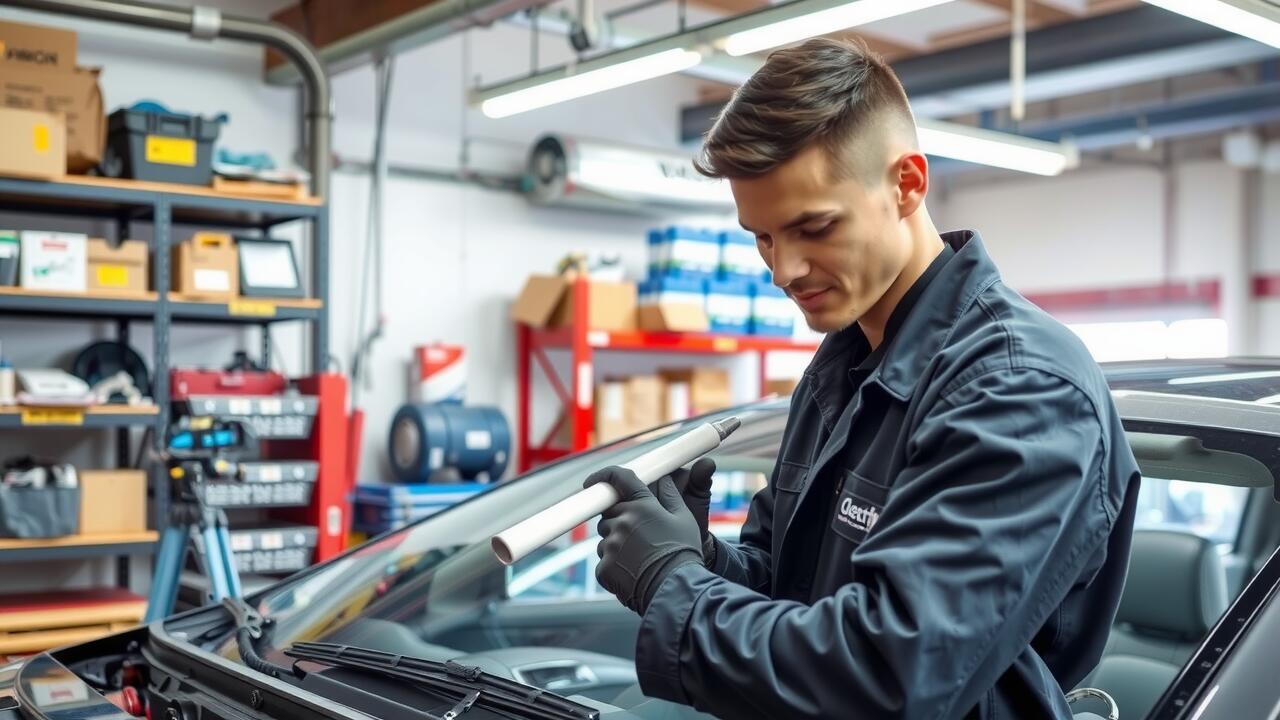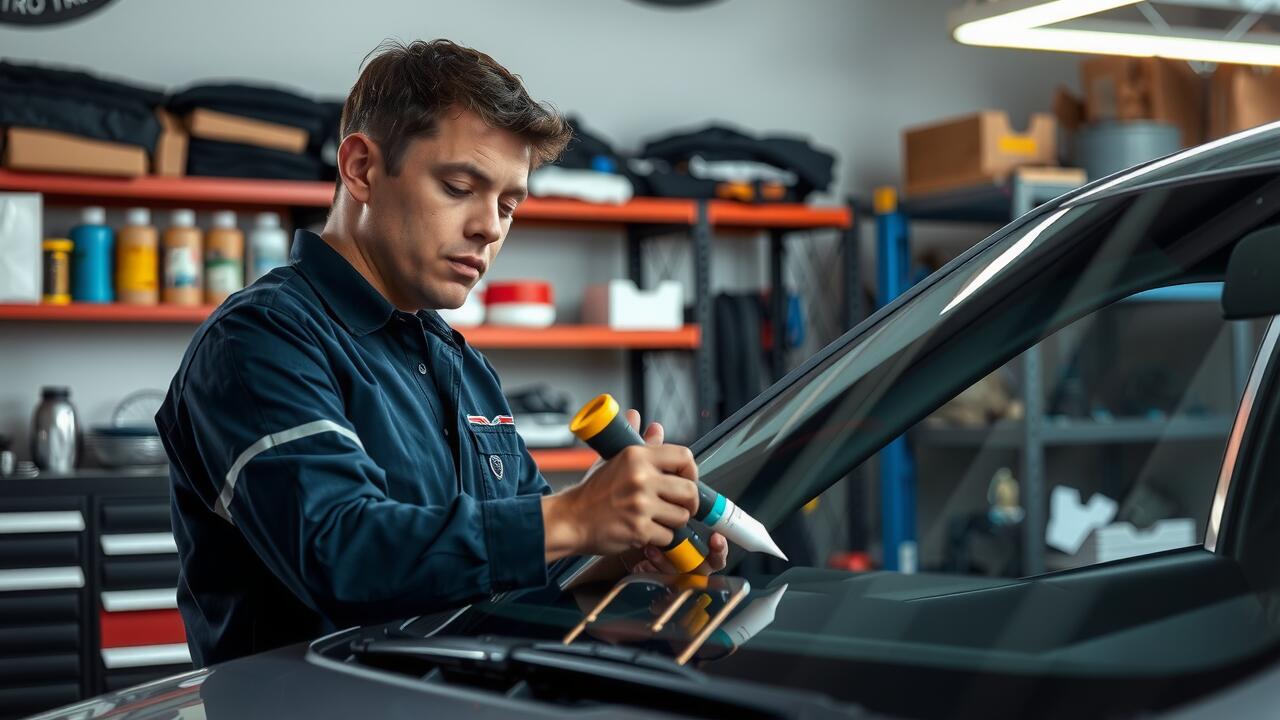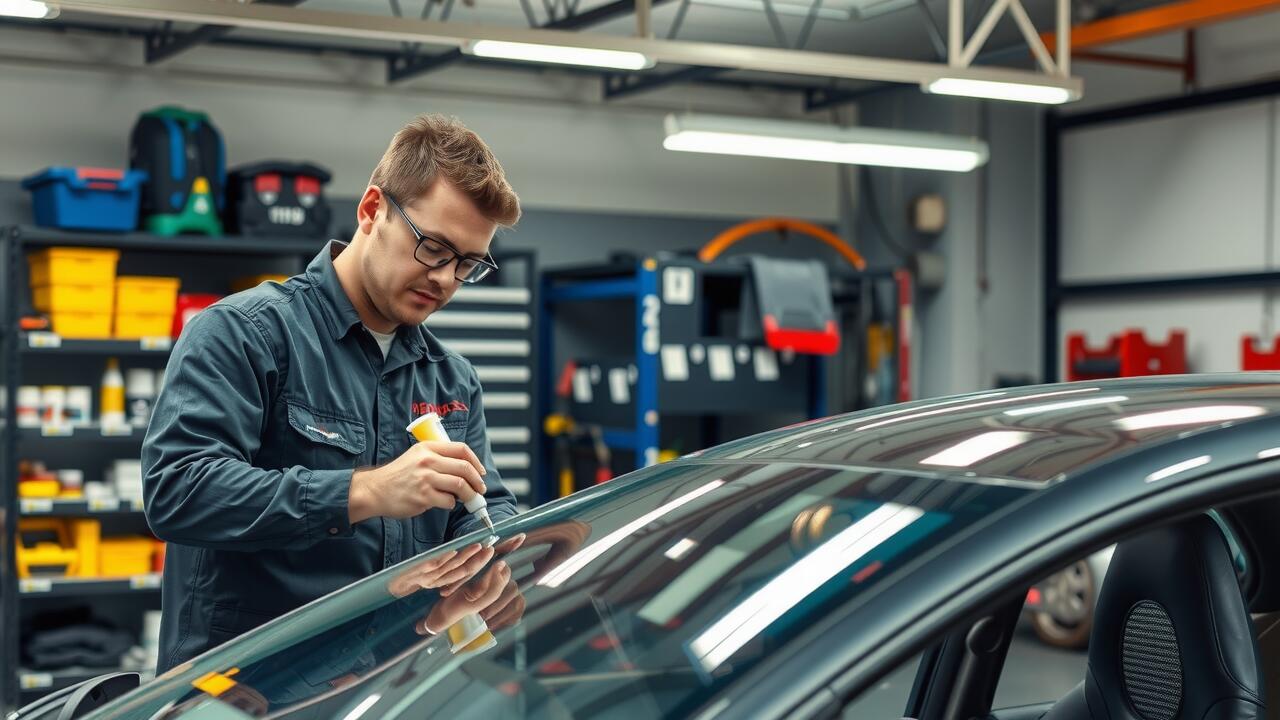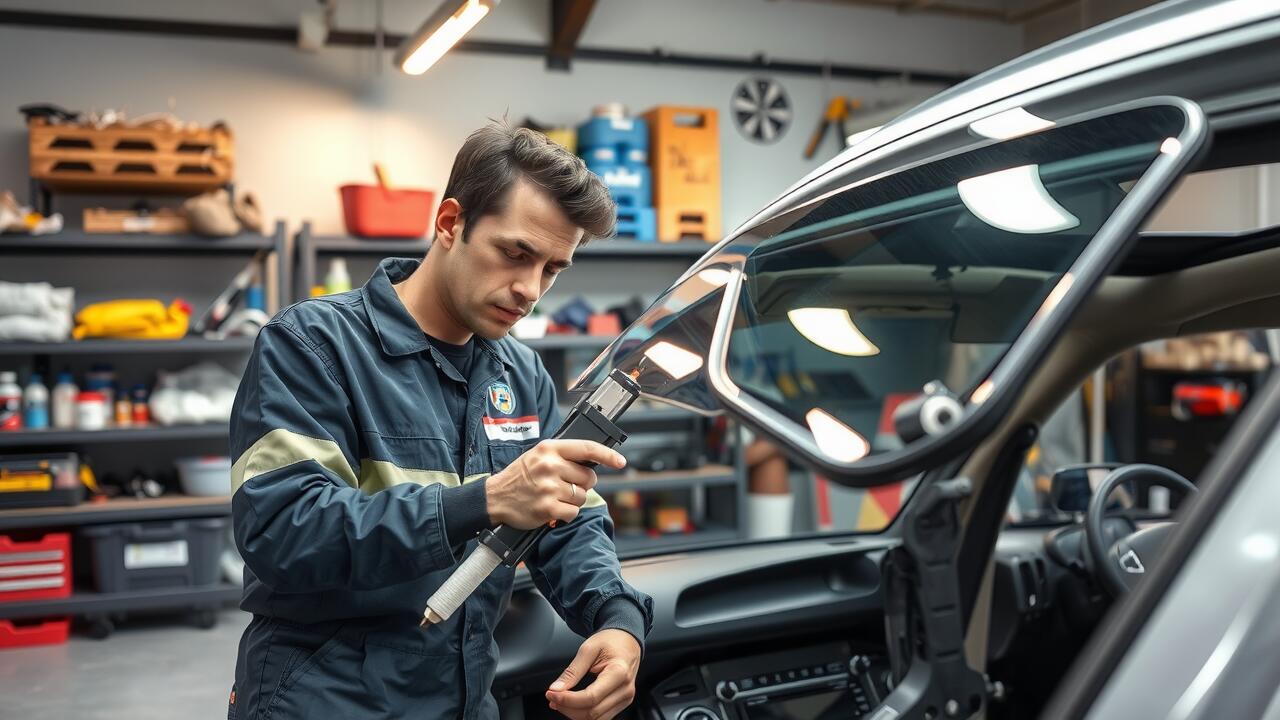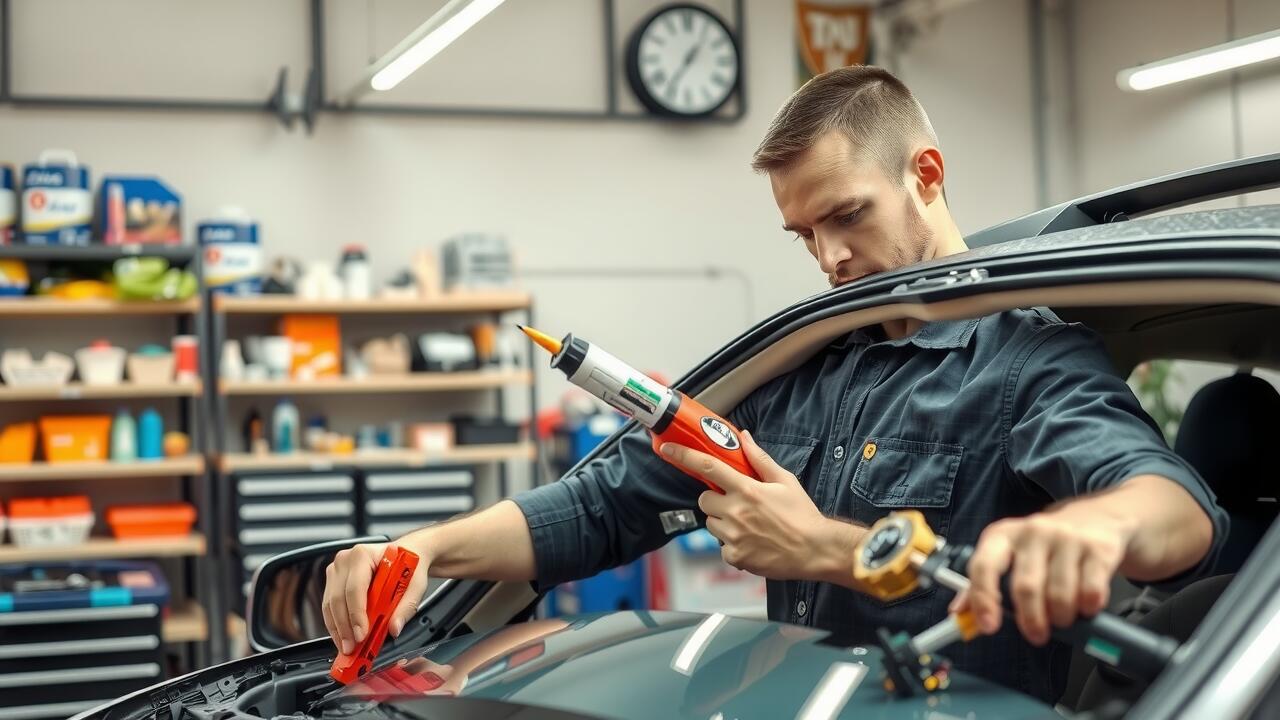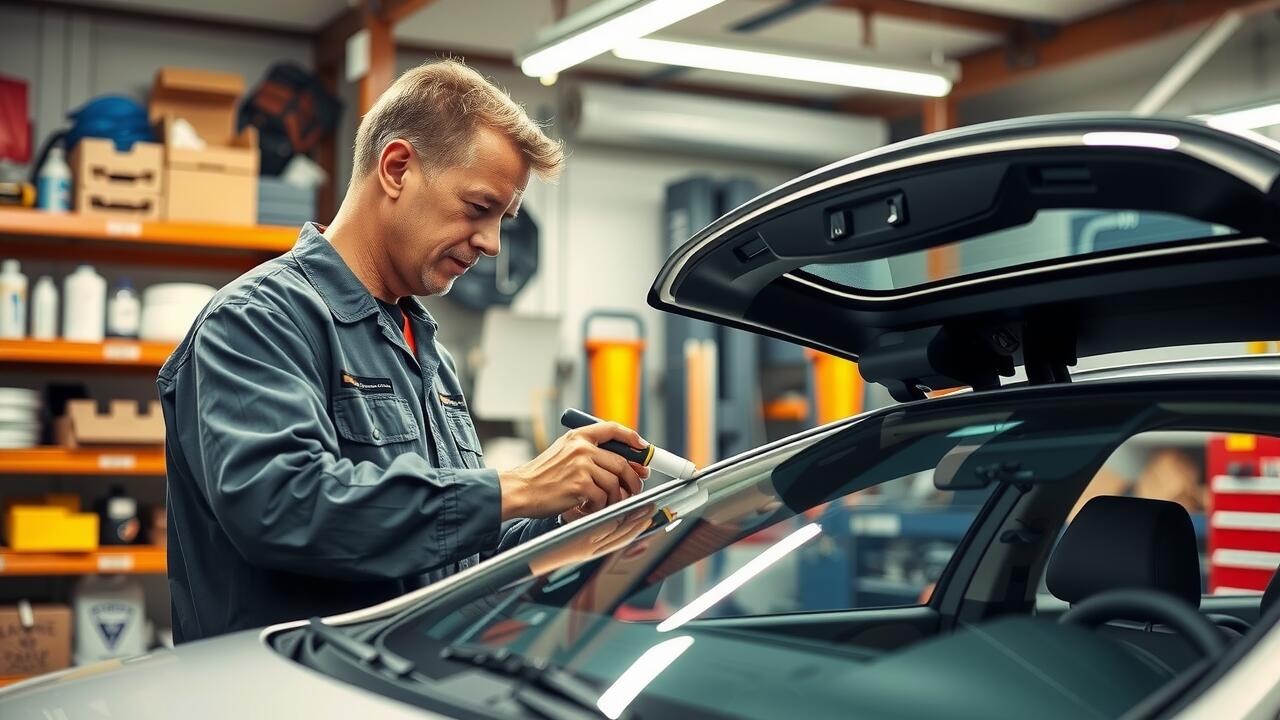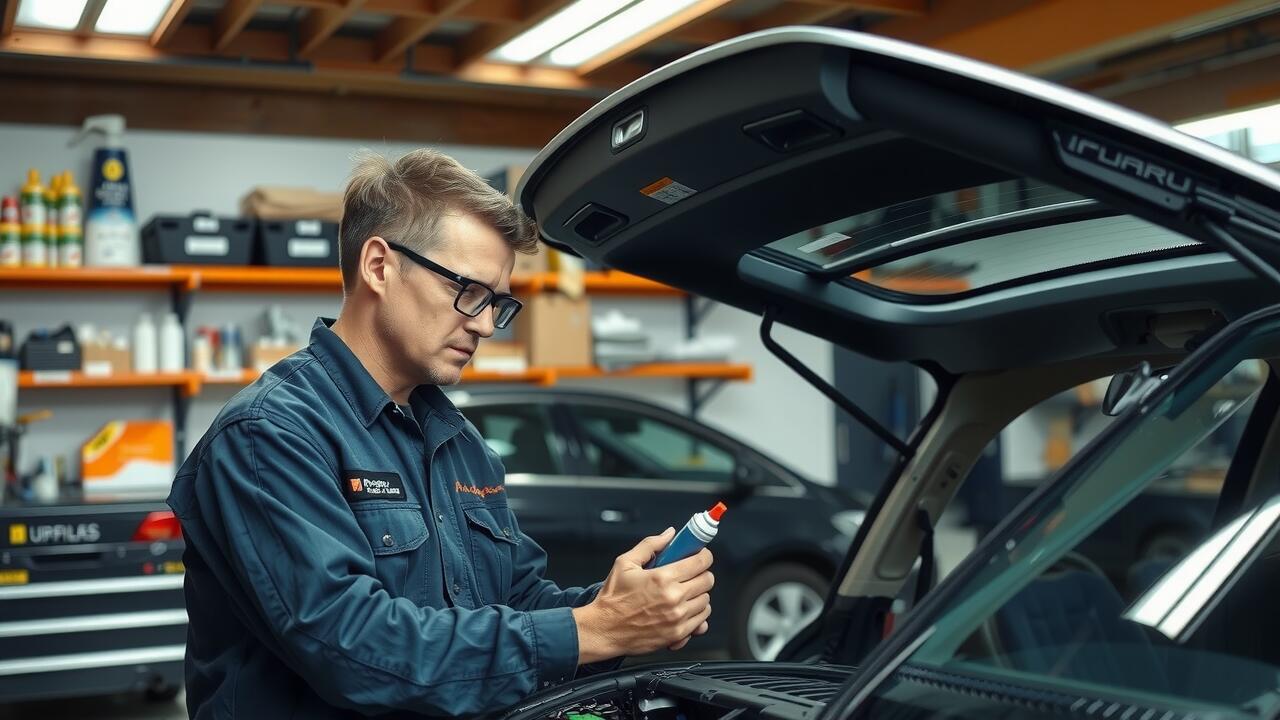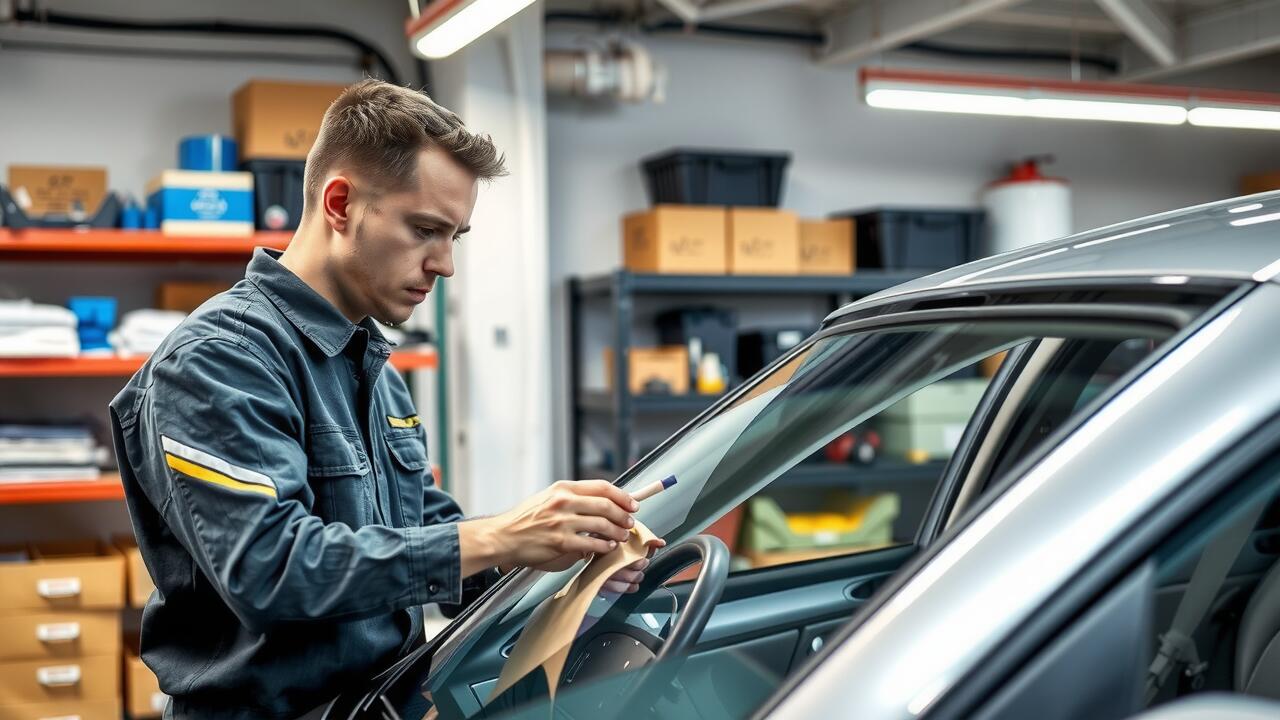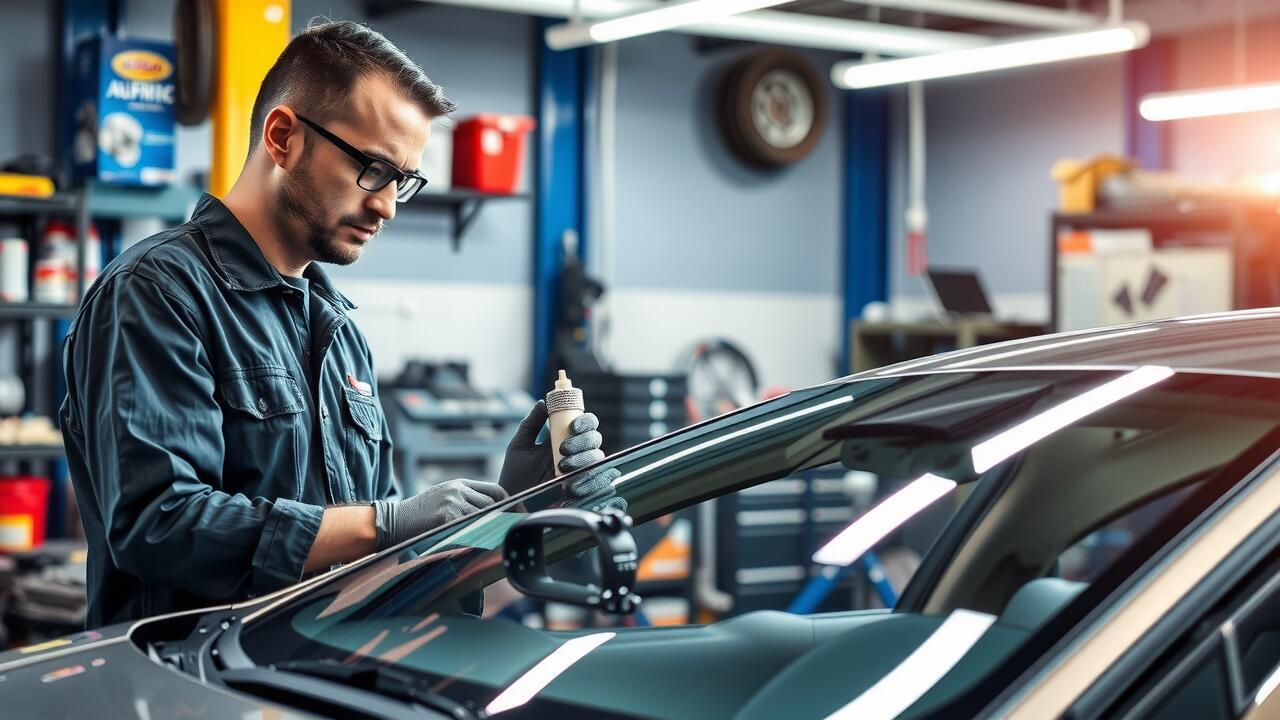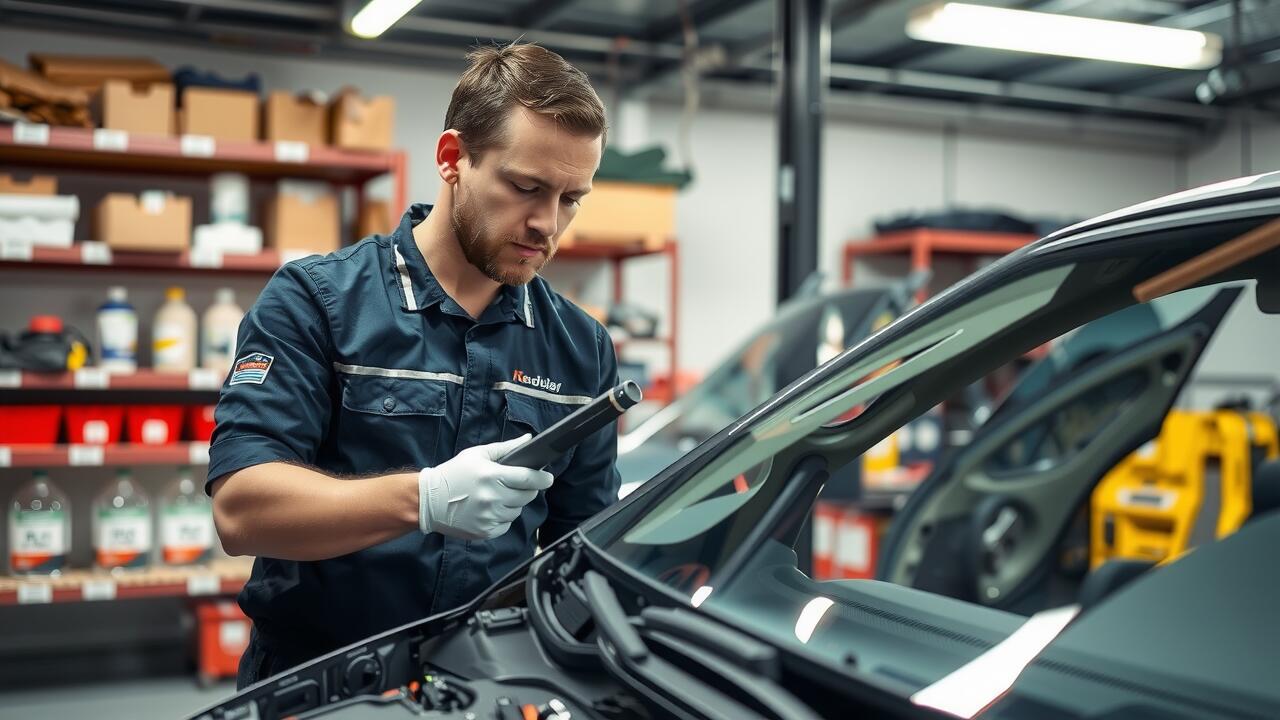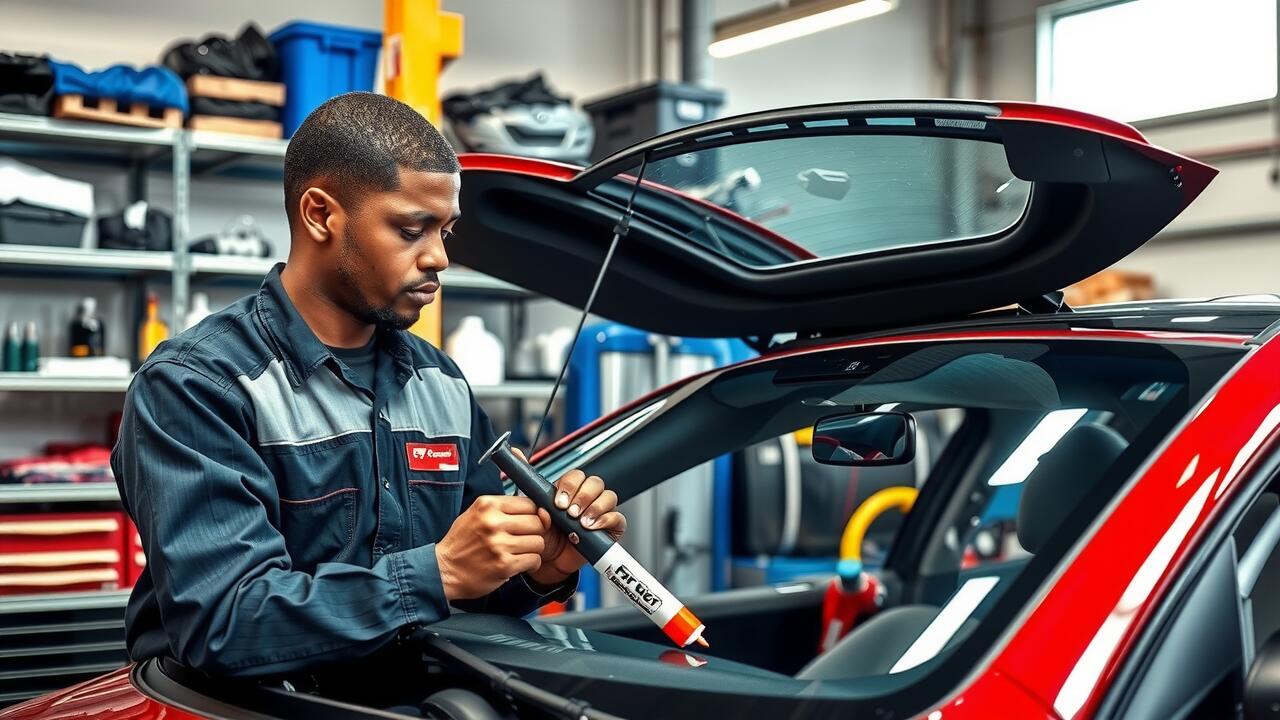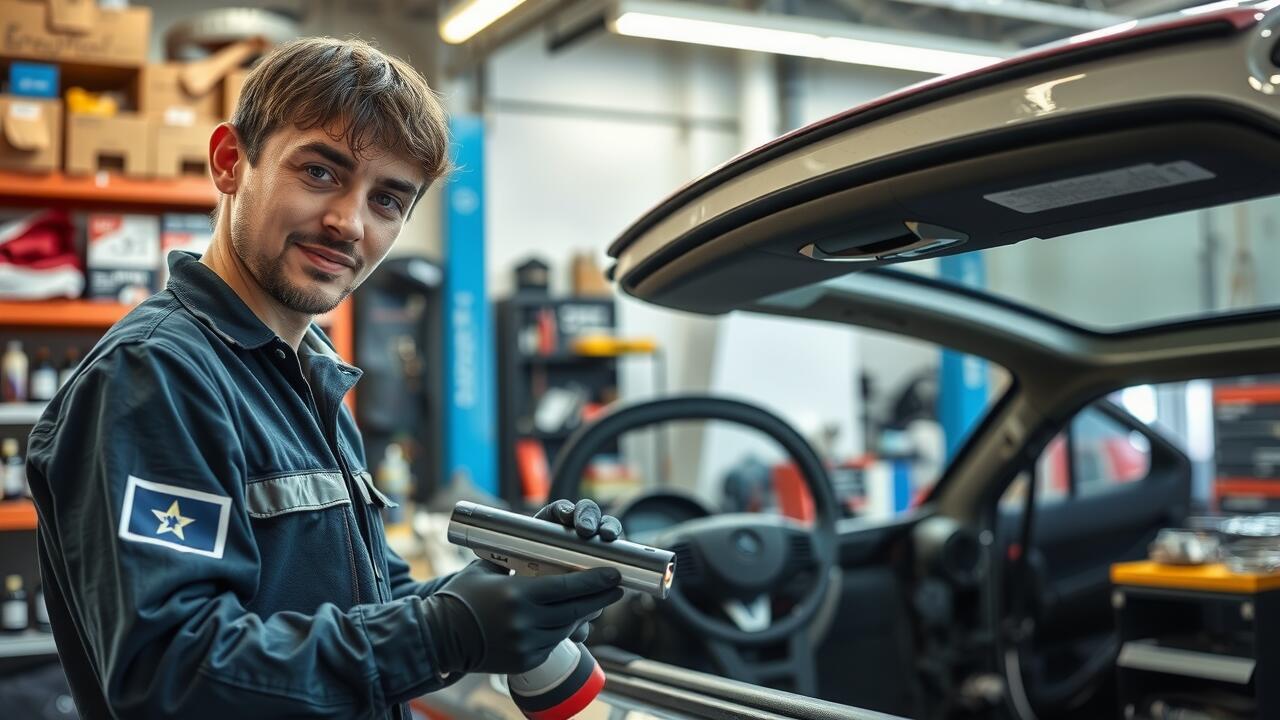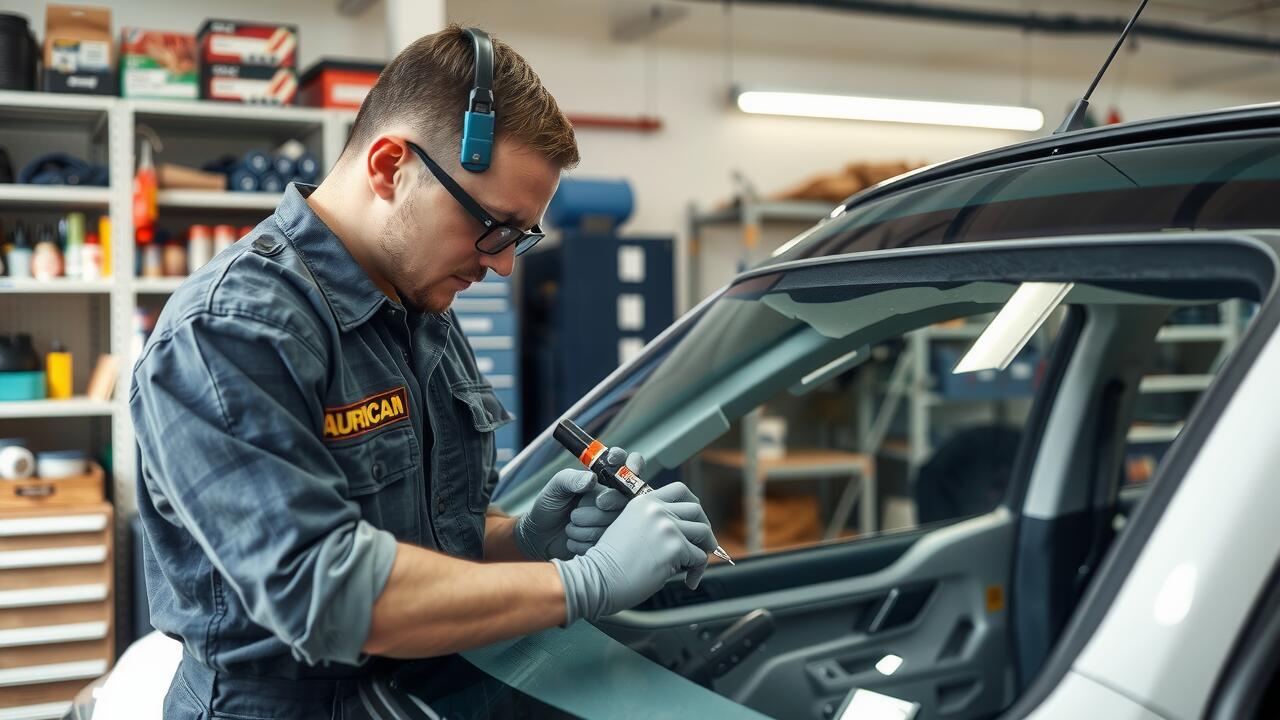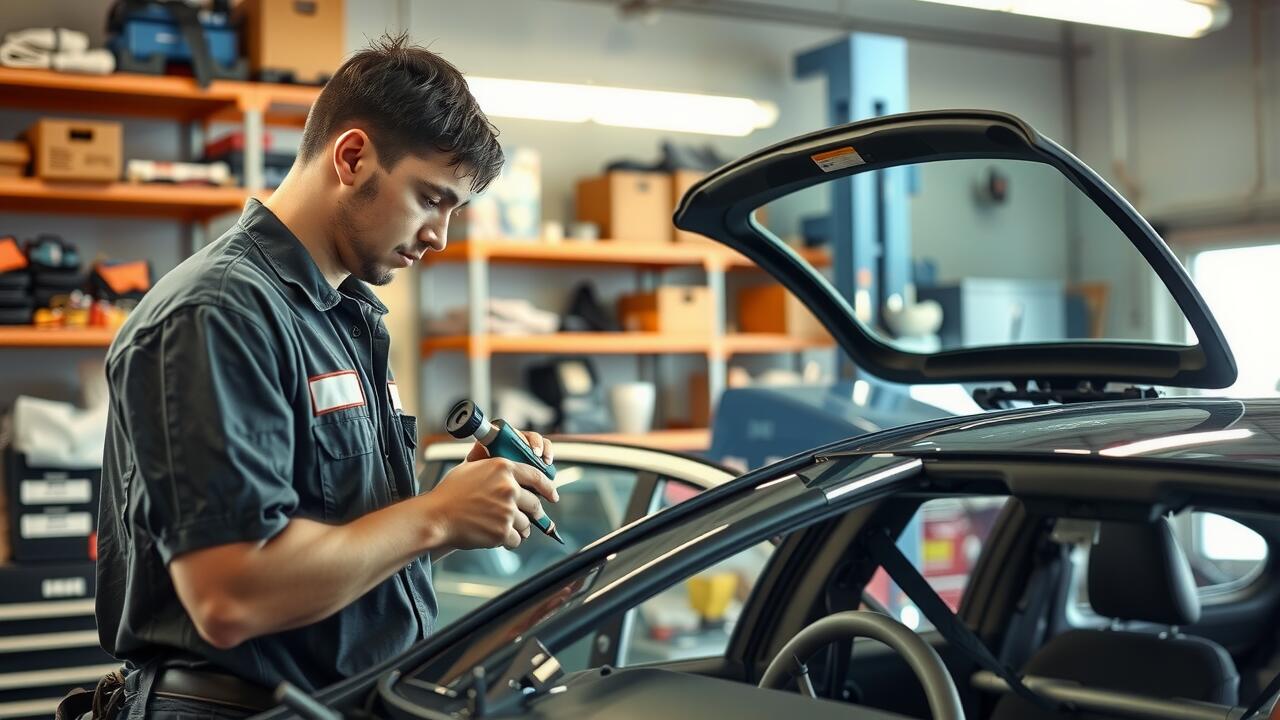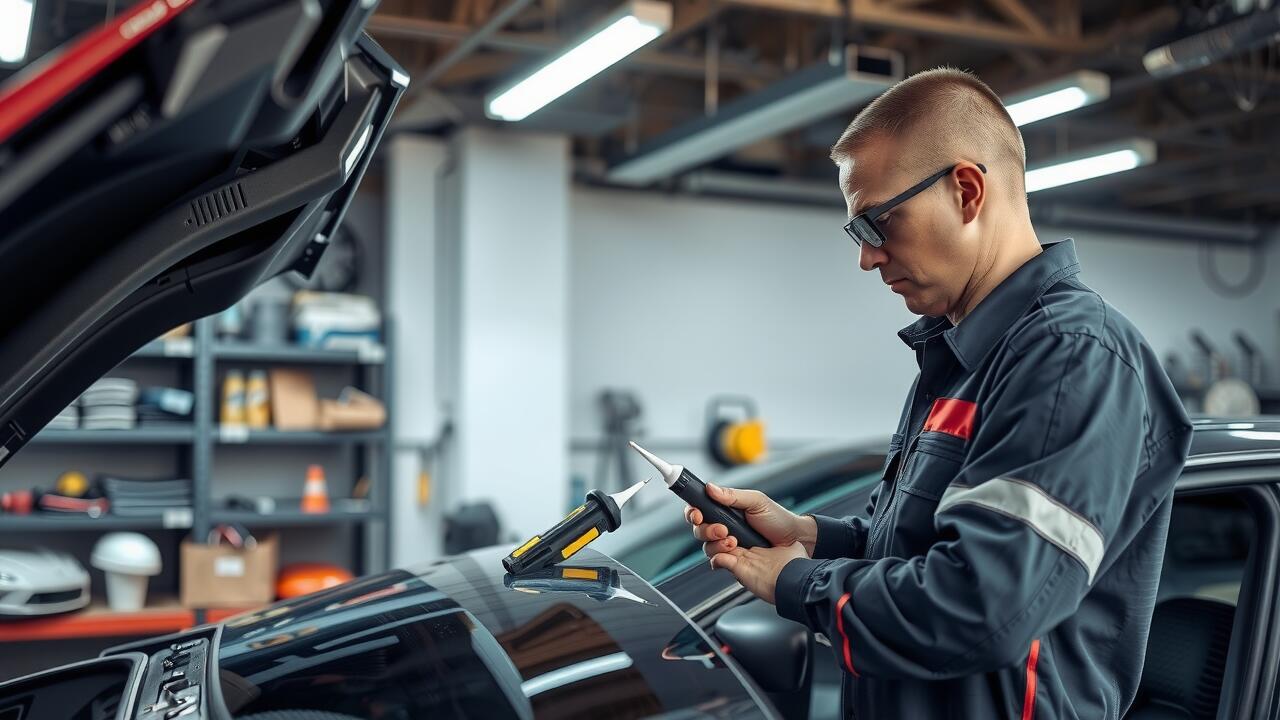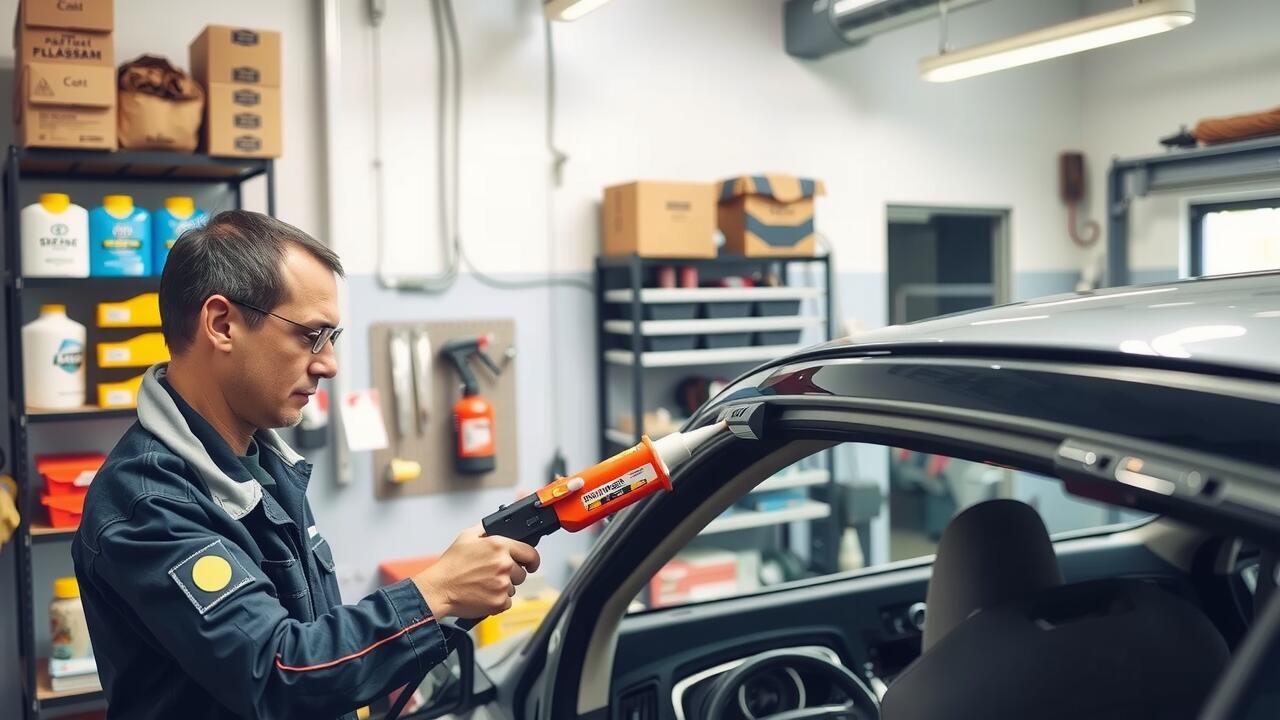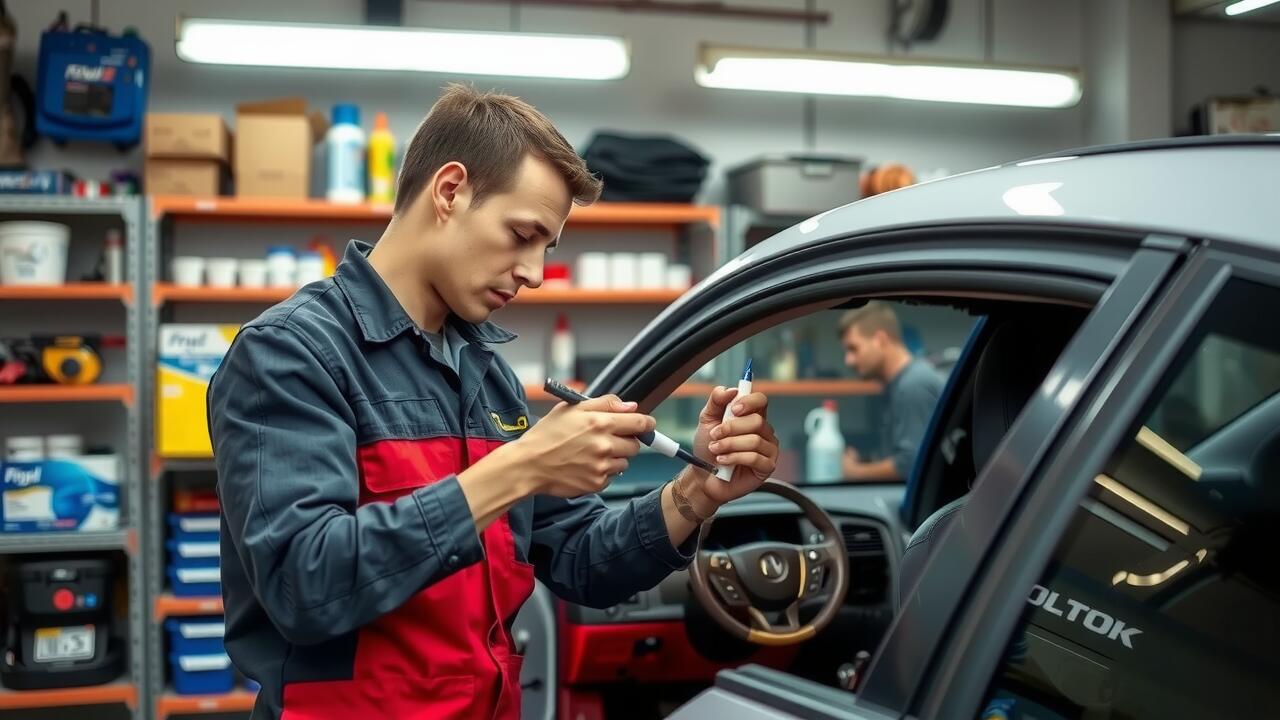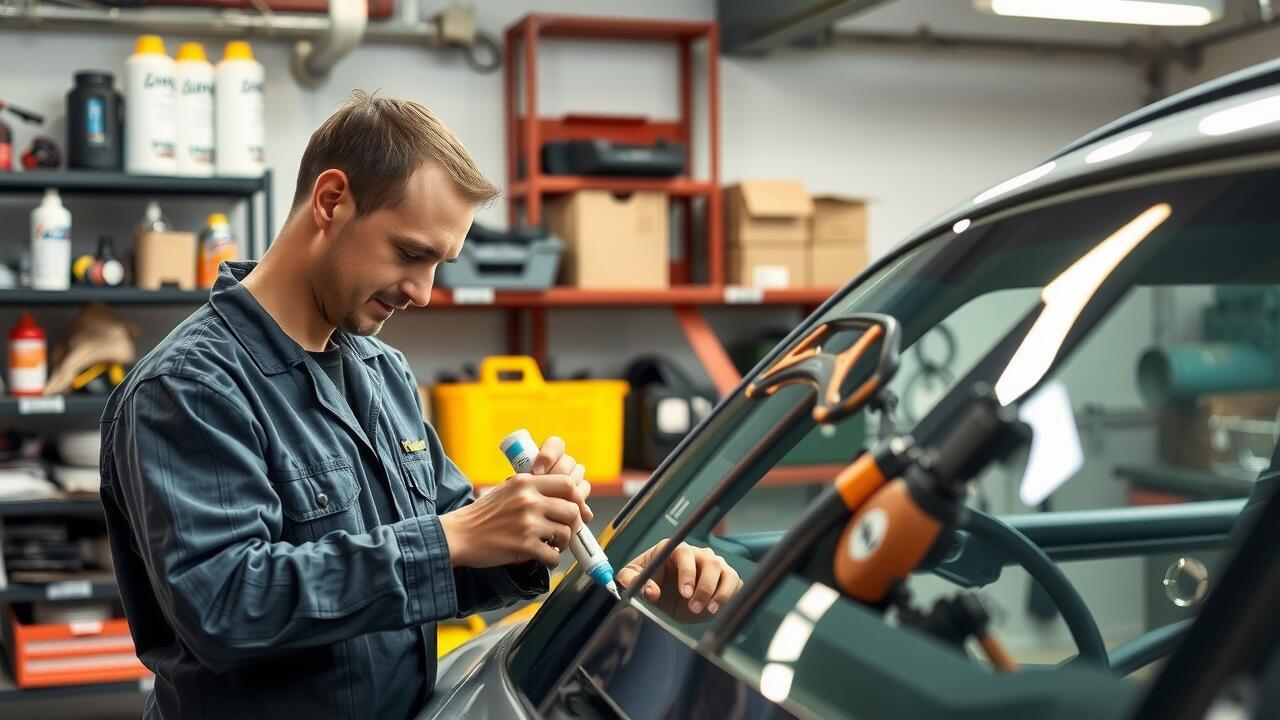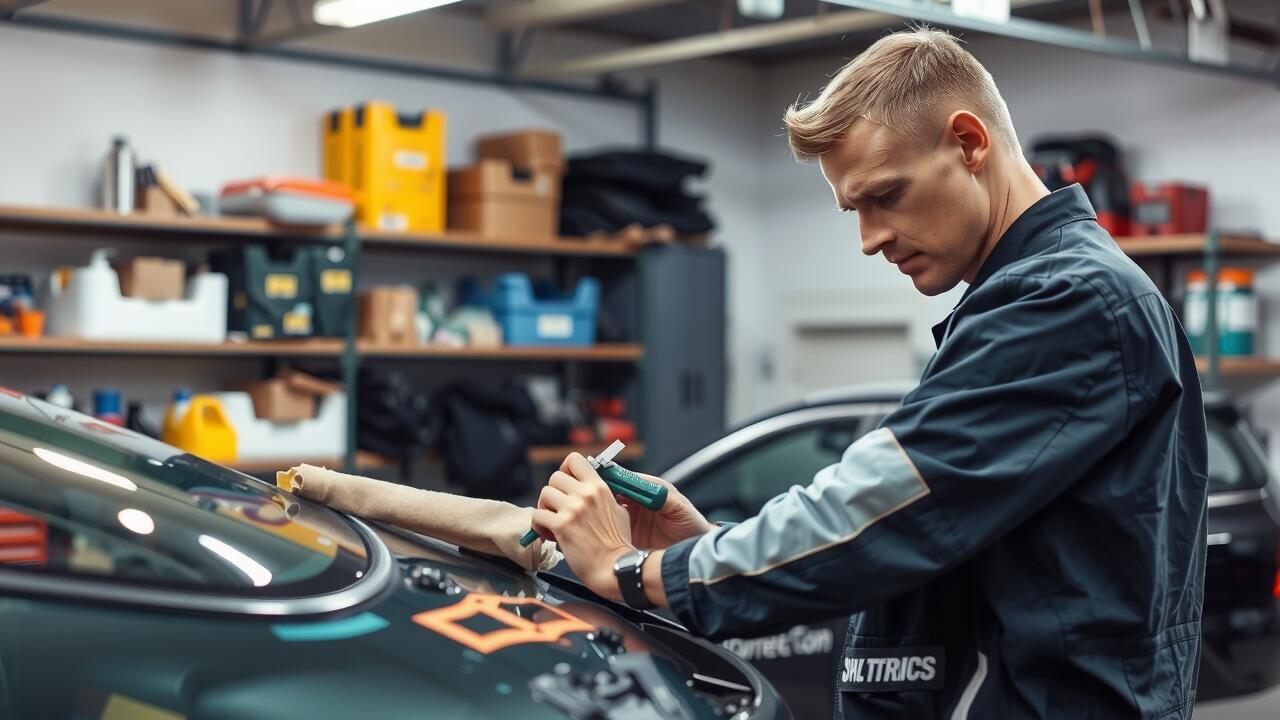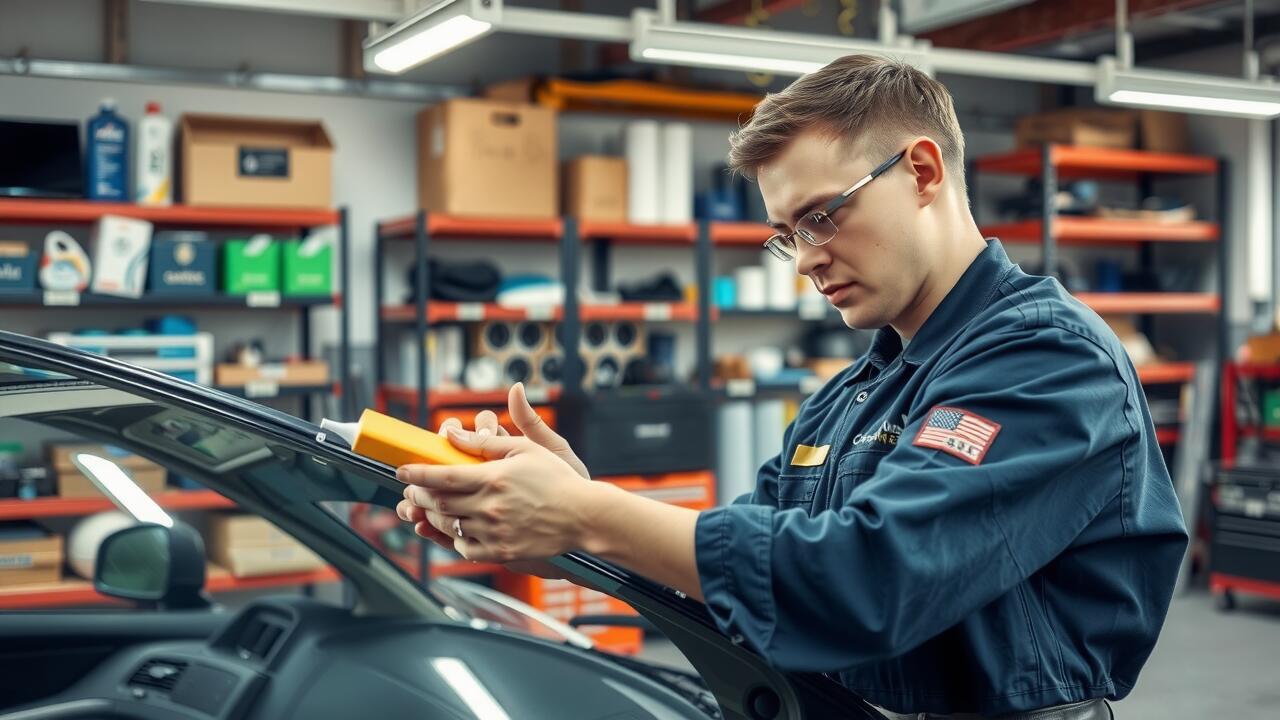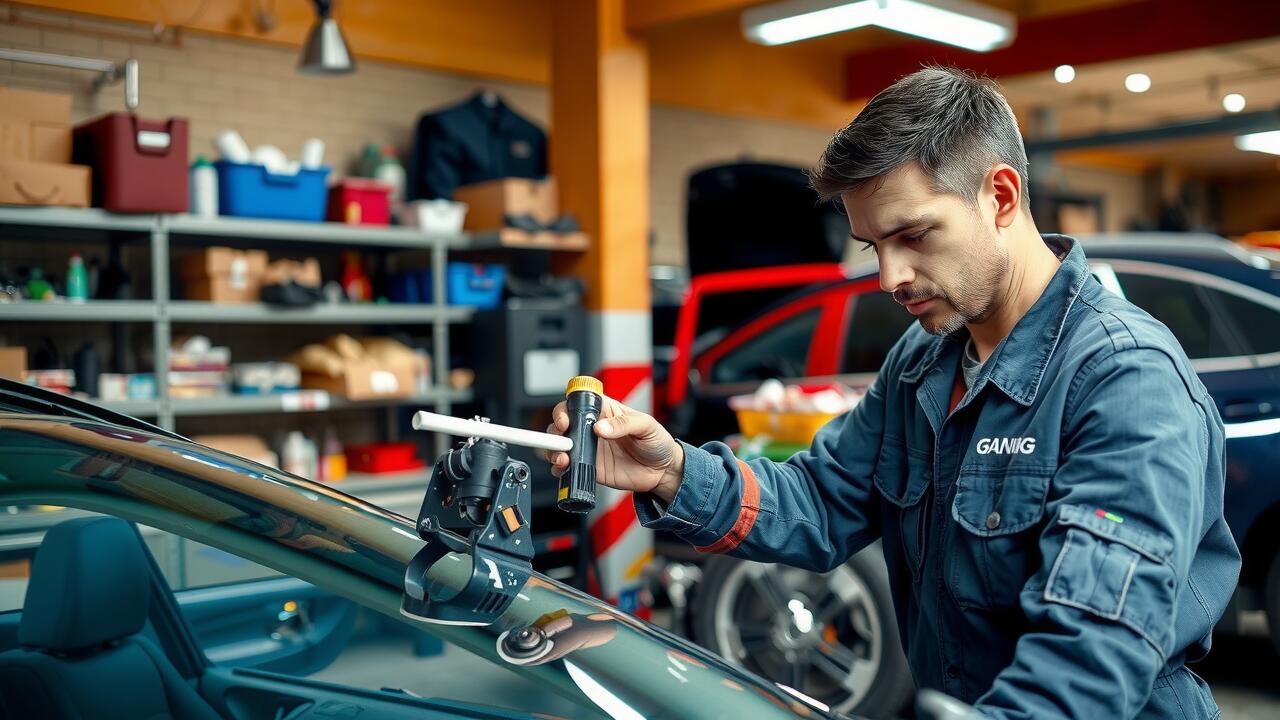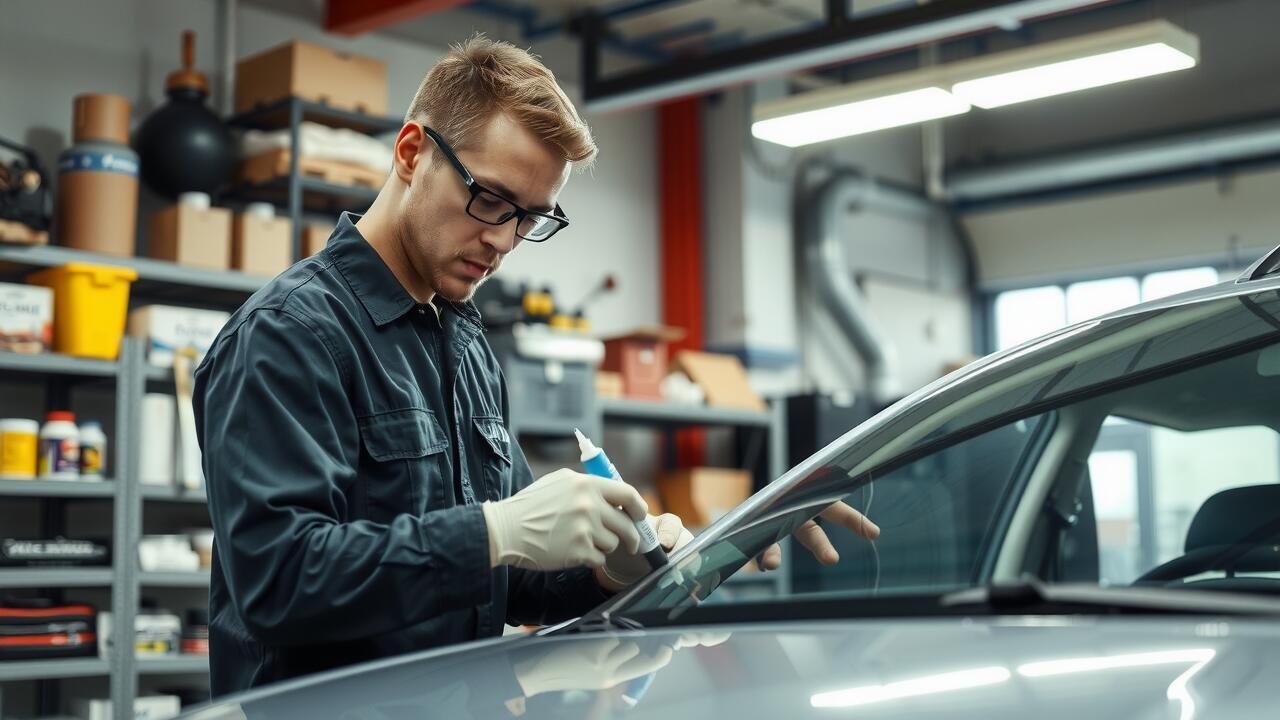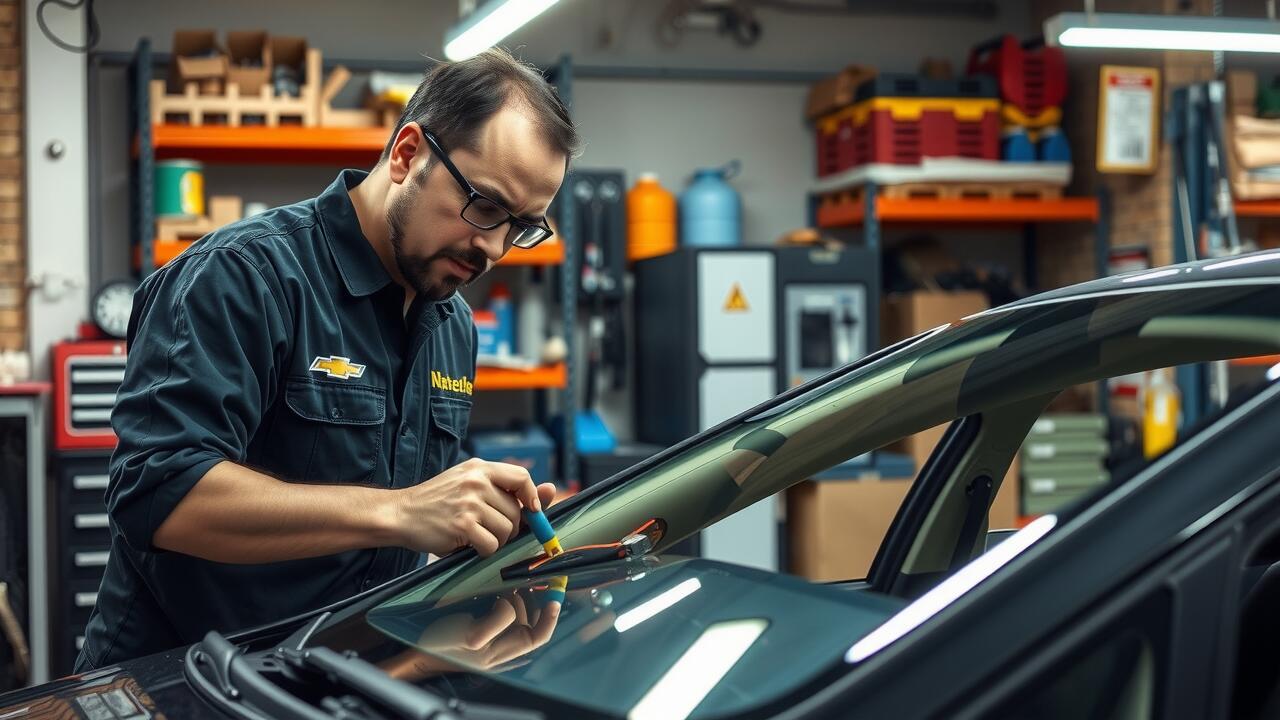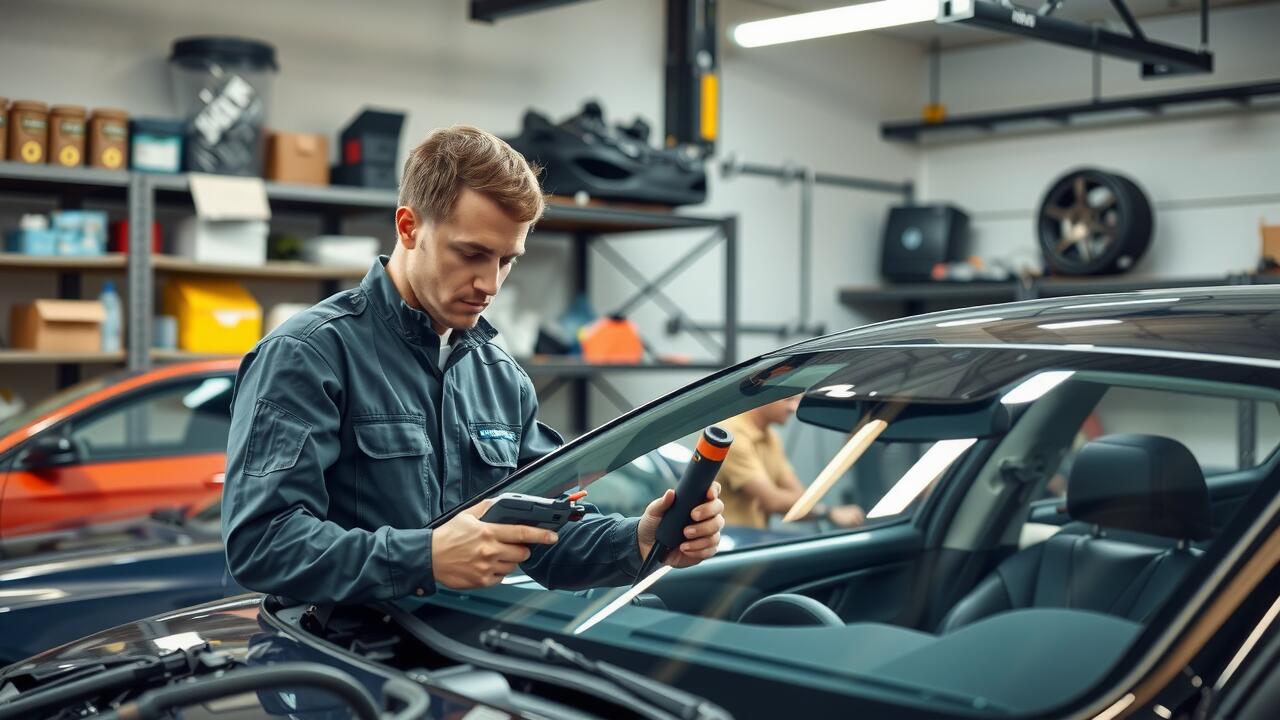
Table Of Contents
Common Issues Indicating Resealing is Needed
Sunroofs can develop various issues over time, often indicating that resealing is necessary to prevent further damage. One common issue is water leakage, which can present itself as damp interiors or water pooling in the vehicle. Additionally, wind noise during driving may suggest that the seal is deteriorating, allowing air to enter through gaps. These signs are critical in assessing the condition of the sunroof before considering more extensive repairs.
Another factor to monitor is the presence of rust or corrosion around the sunroof frame. This can weaken the adhesive bond of the seal and compromise the sunroof's functionality. Ignoring these warning signs may lead to more severe problems, including potential water damage to the vehicle's electrical systems. For those experiencing these issues, searching for "Sunroof Replacement Near me" can provide options for professional assistance.
Signs of Leaking Sunroofs
A leaking sunroof can manifest through several noticeable signs, each indicating the need for immediate attention. One common symptom is water pooling in the interior of the car after rain or during a car wash. Stains or discolouration on the headliner may also develop from accumulated moisture. Additionally, a persistent dripping sound when driving in wet conditions can signal that the sunroof seals have deteriorated.
If the issue is not addressed promptly, it could lead to bigger problems like mould growth or damage to electrical components. When these signs appear, it may be beneficial to search for "Sunroof Replacement Near me" to explore local options for repair or replacement. Identifying and resolving leaks quickly will help prevent further damage and maintain the overall integrity of the vehicle.
Choosing the Right Sealant
When selecting a sealant for your sunroof, it is crucial to consider the specific materials involved. Different sealants have unique properties and compatibility requirements. Some are designed for glass, while others work better with metal or plastic surfaces. Polyurethane and silicone-based sealants are among the most popular options, offering durability and flexibility. Check the manufacturer's recommendations to ensure you choose a product that provides optimal adhesion and weather resistance.
Consulting professionals can also aid in the selection process. If your sunroof is experiencing recurring issues, seeking expert advice is wise. They can provide insights into the best sealant for your vehicle type and maintenance needs. Additionally, if you're considering larger repairs, a search for "Sunroof Replacement Near me" may uncover specialists with the necessary experience and tools for effective resealing.
Types of Sealants Available
When it comes to resealing a sunroof, several types of sealants are available to ensure a durable and effective solution. Silicone sealants are popular due to their flexibility and resistance to moisture. They adhere well to glass and metal surfaces, making them ideal for sunroof applications. Additionally, polyurethane sealants offer excellent bonding capabilities and can withstand varying temperatures, which is crucial for vehicles exposed to different weather conditions.
Another option is butyl rubber sealants, known for their waterproof properties and longevity. They are specifically designed to create a strong seal that prevents leaks. When considering these options, it's essential to assess which sealant best fits the specific requirements of your vehicle. For those unsure about the best choice, searching online for “Sunroof Replacement Near me” can lead to local professionals who can provide guidance and assistance with the resealing process.
Duration of the Resealing Process
The duration of the resealing process can vary depending on the extent of the repairs required. For minor leaks and simple resealing, the task may take as little as one to two hours. However, if a more thorough inspection is needed due to significant damage or complications, the process can extend to half a day or more. Factors such as the technician's experience and the specific make and model of the vehicle can also influence the time required.
If you are considering professional help, it's advisable to seek quotes from local services to gauge how long they might take. Many automotive specialists offer quick turnaround times for resealing jobs, allowing for prompt resolution of any issues. Searching online for "Sunroof Replacement Near me" can provide local options that can handle resealing efficiently and effectively.
Time Frames for Different Approaches
The duration of the resealing process can vary based on the severity of the issue and the approach taken. For minor leaks, a professional can typically complete resealing in a few hours. This includes the time required to remove old sealant, clean the area, and apply a new sealant effectively. Quick fixes are often manageable same day, especially if a sealant dries rapidly.
For more complicated cases, such as structural damage or extensive leaks, the process may take longer. Some repairs might require disassembling part of the sunroof mechanism, potentially extending the timeframe to a full day or more. If you find yourself in need of extensive repairs, searching for “Sunroof Replacement Near me” can help you find local professionals who can address both resealing and replacement needs efficiently.
FAQS
What factors influence the cost of resealing a sunroof?
The cost of resealing a sunroof can be influenced by factors such as the type of sealant used, the complexity of the job, whether the sunroof is being replaced or simply resealed, and the labour rates of the service provider.
How can I tell if my sunroof needs resealing?
Common signs that indicate your sunroof may need resealing include water leakage, visible cracks in the seal, unusual noises when opening or closing the sunroof, and the presence of mould or mildew inside your vehicle.
Is it possible to reseal a sunroof as a DIY project?
While some experienced DIY enthusiasts may choose to reseal a sunroof themselves, it is generally recommended to consult a professional. This ensures the job is done correctly and helps avoid further damage or leaks.
How long does the resealing process take?
The duration of the resealing process can vary based on the method used and the specific condition of the sunroof. Generally, it can take anywhere from a couple of hours to a full day.
What types of sealants are best for resealing a sunroof?
The best sealants for resealing a sunroof are usually silicone-based or polyurethane sealants, as they provide a strong, flexible bond that can withstand various weather conditions and temperatures.
